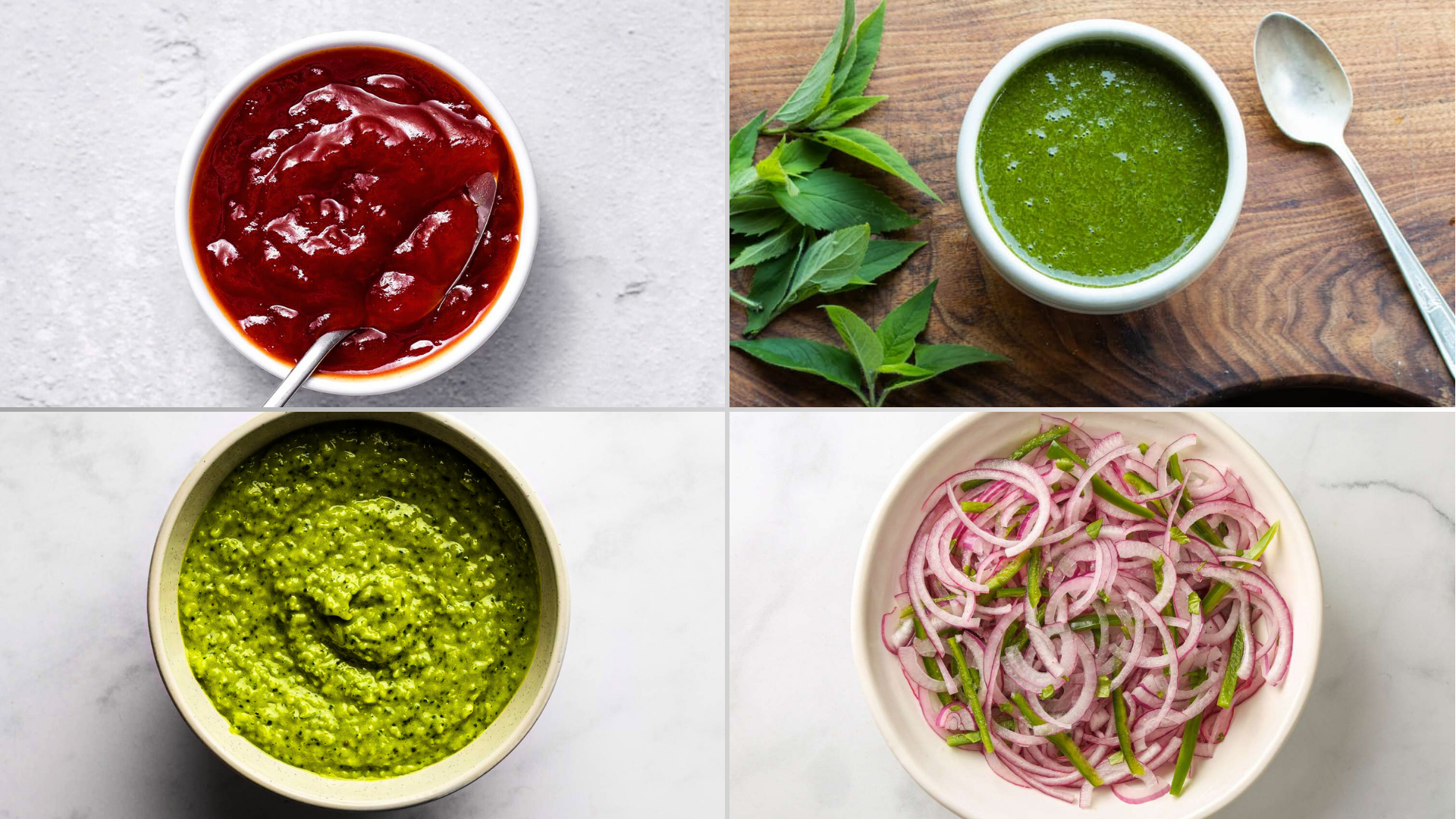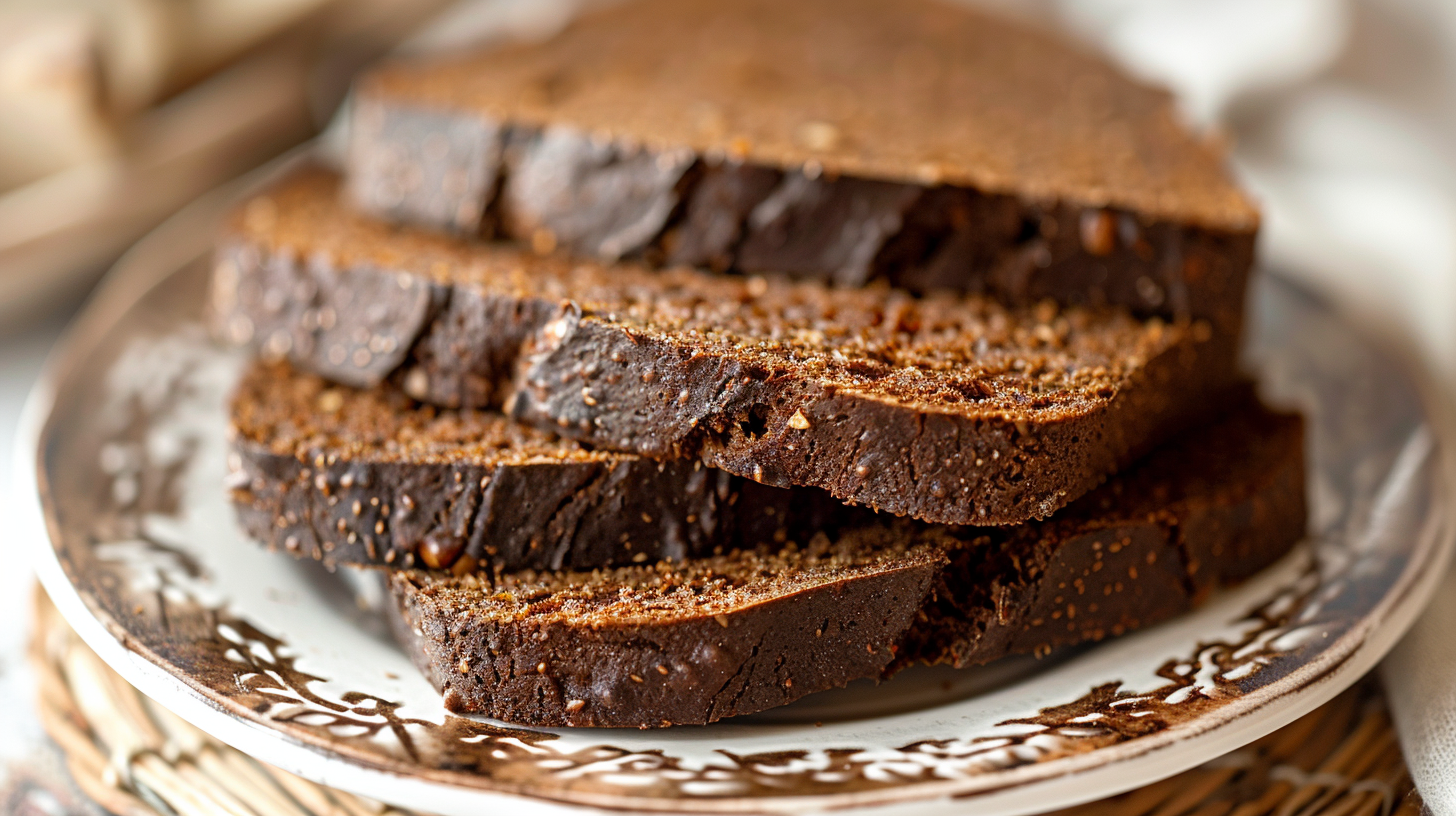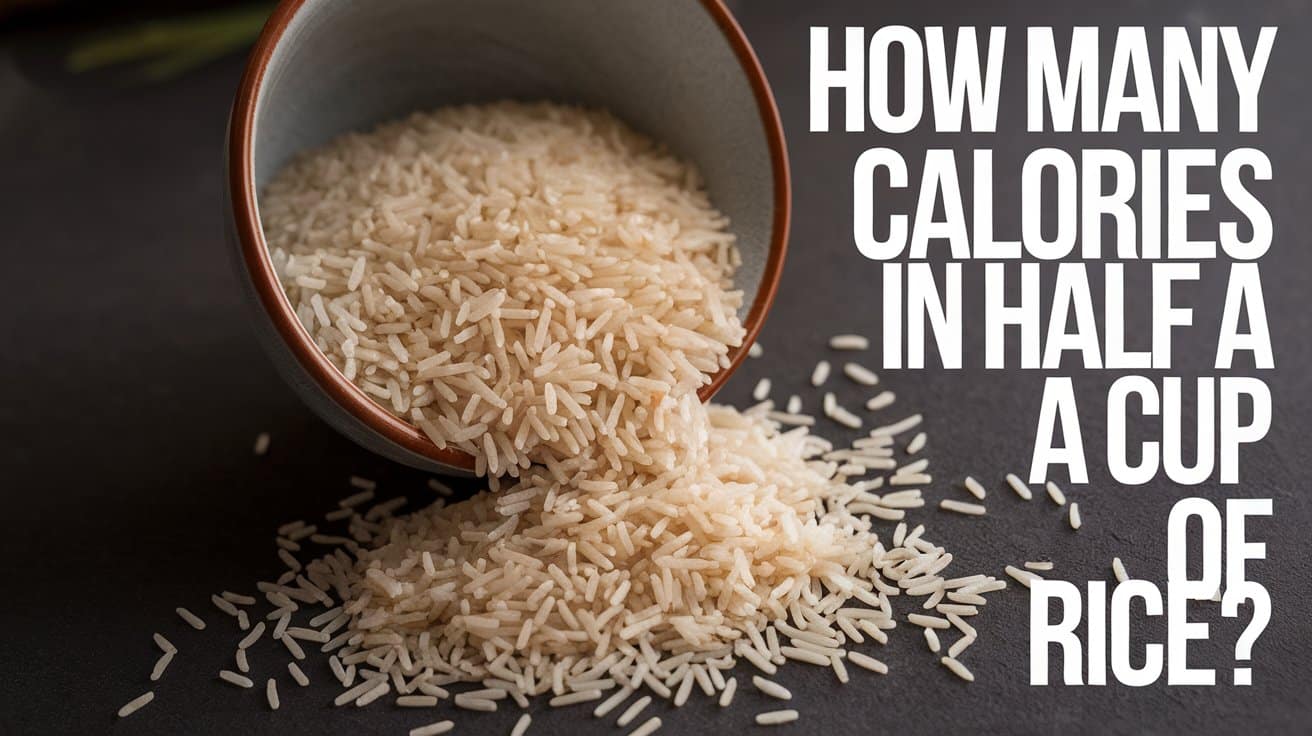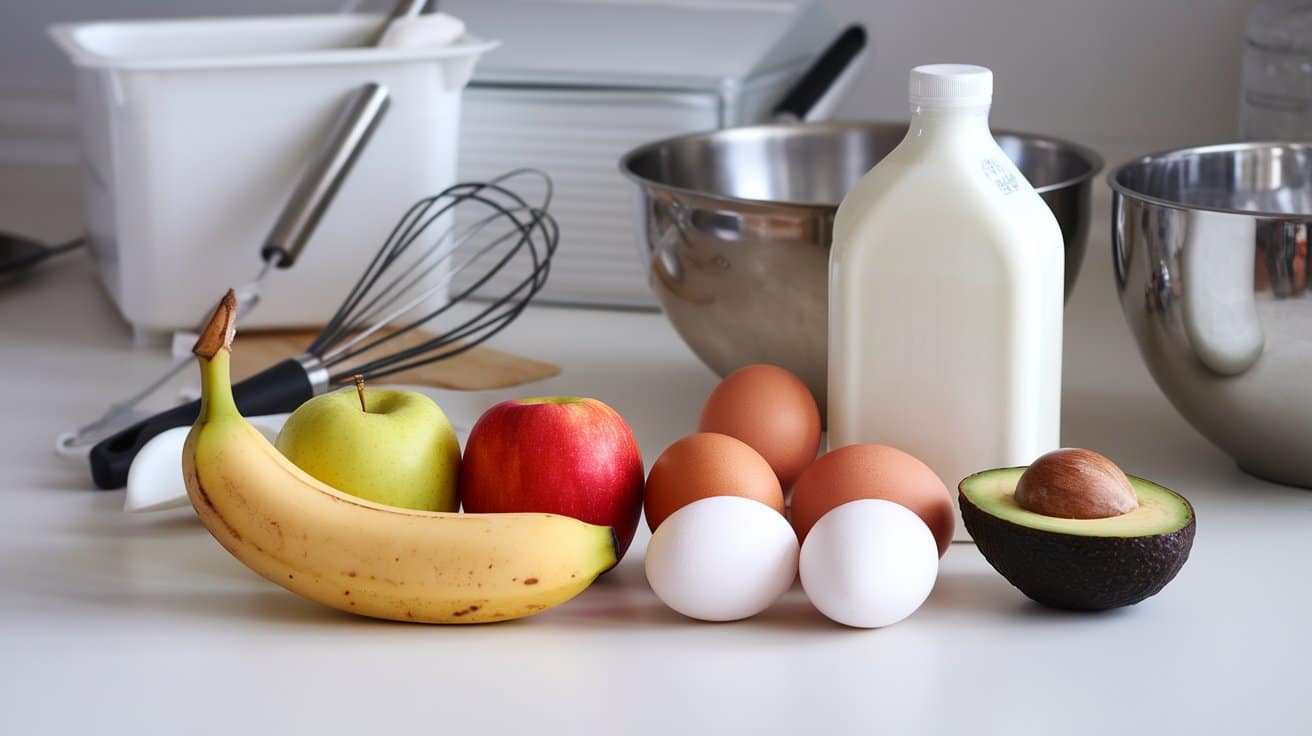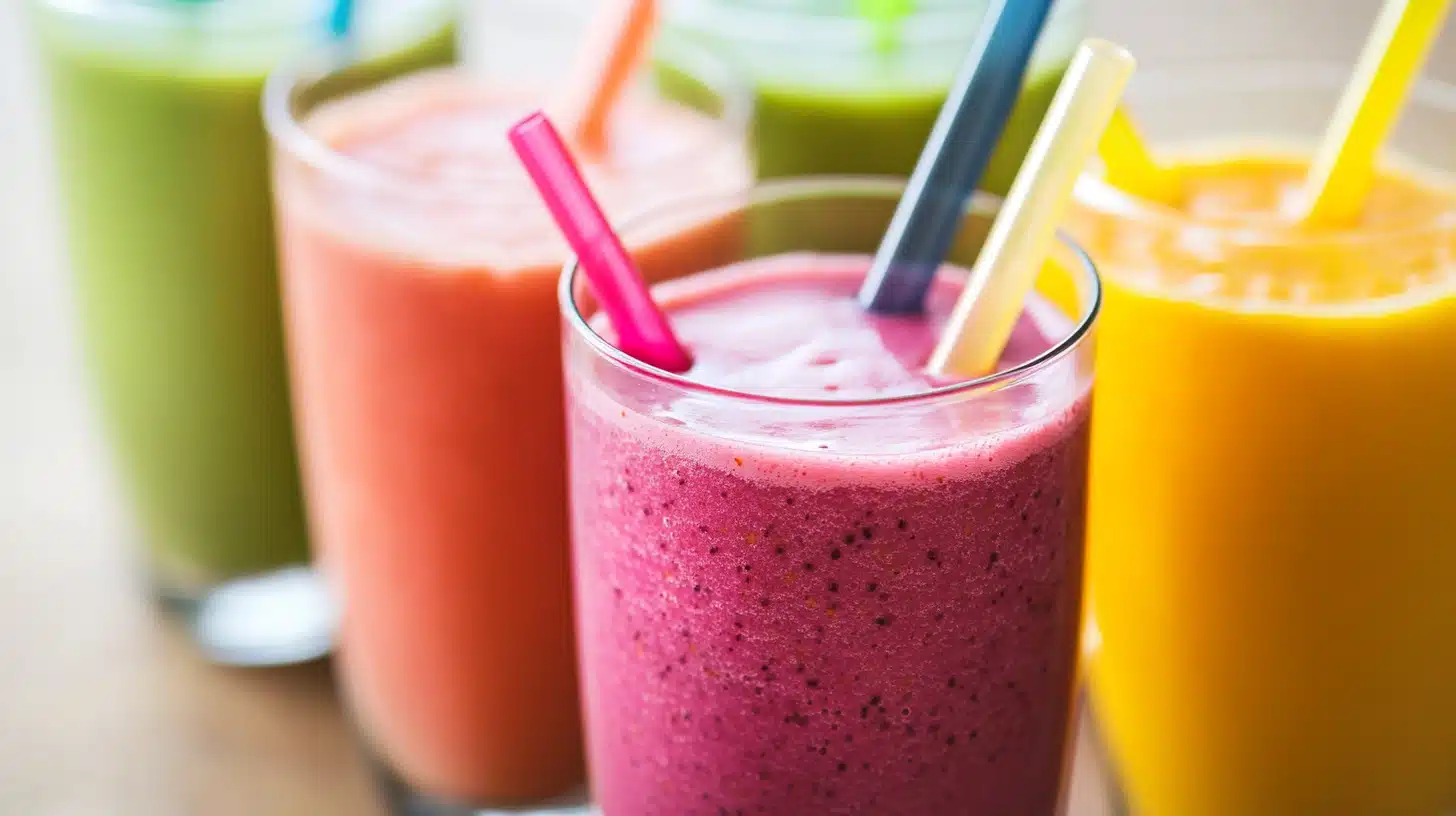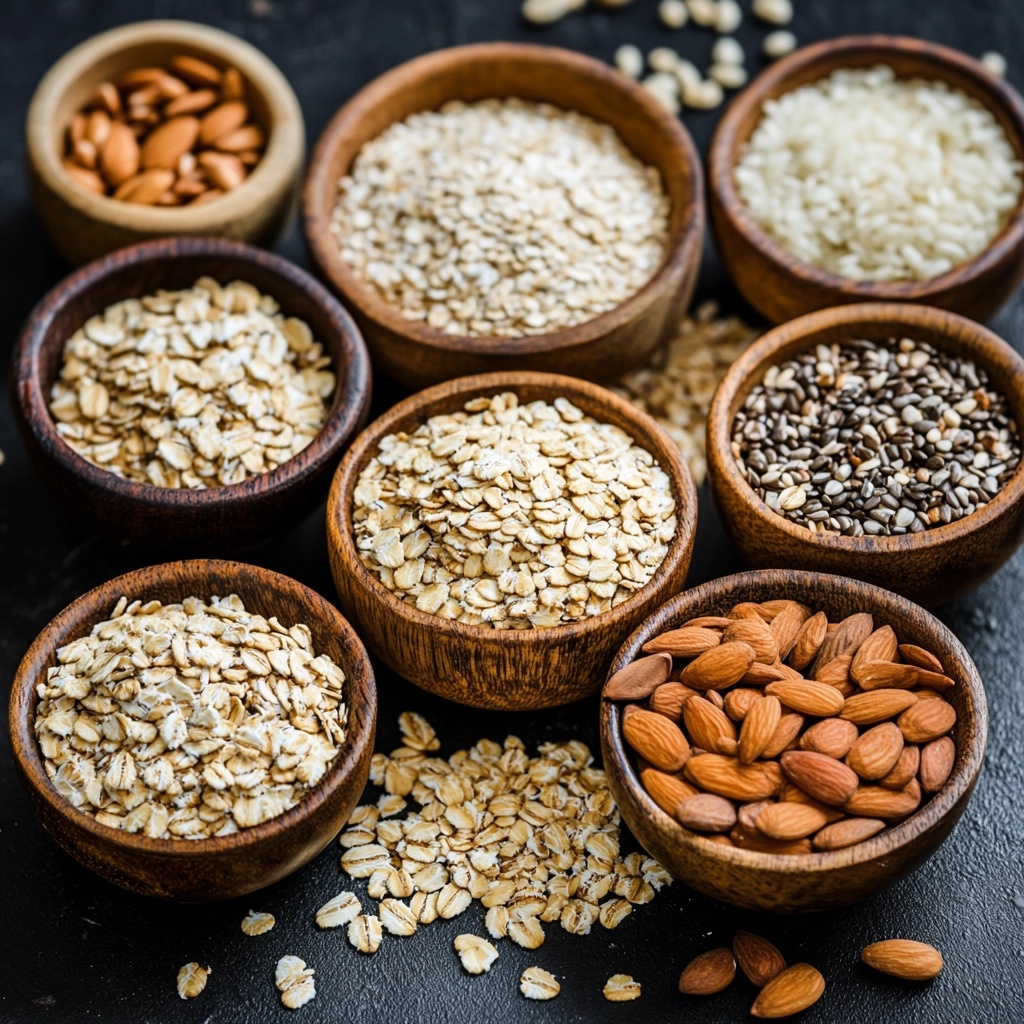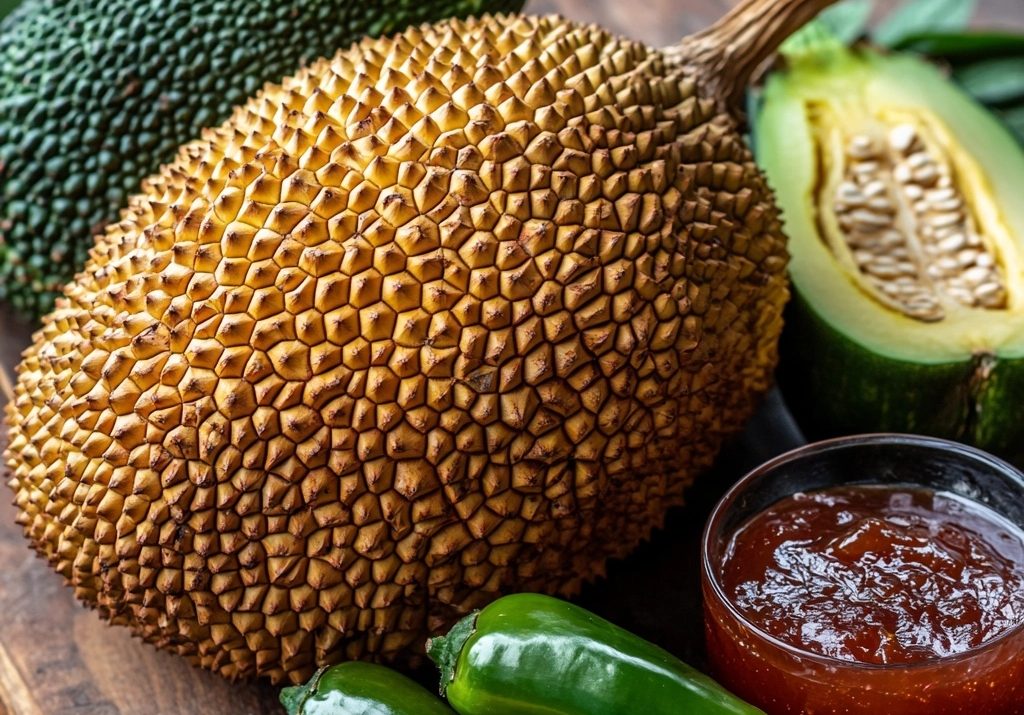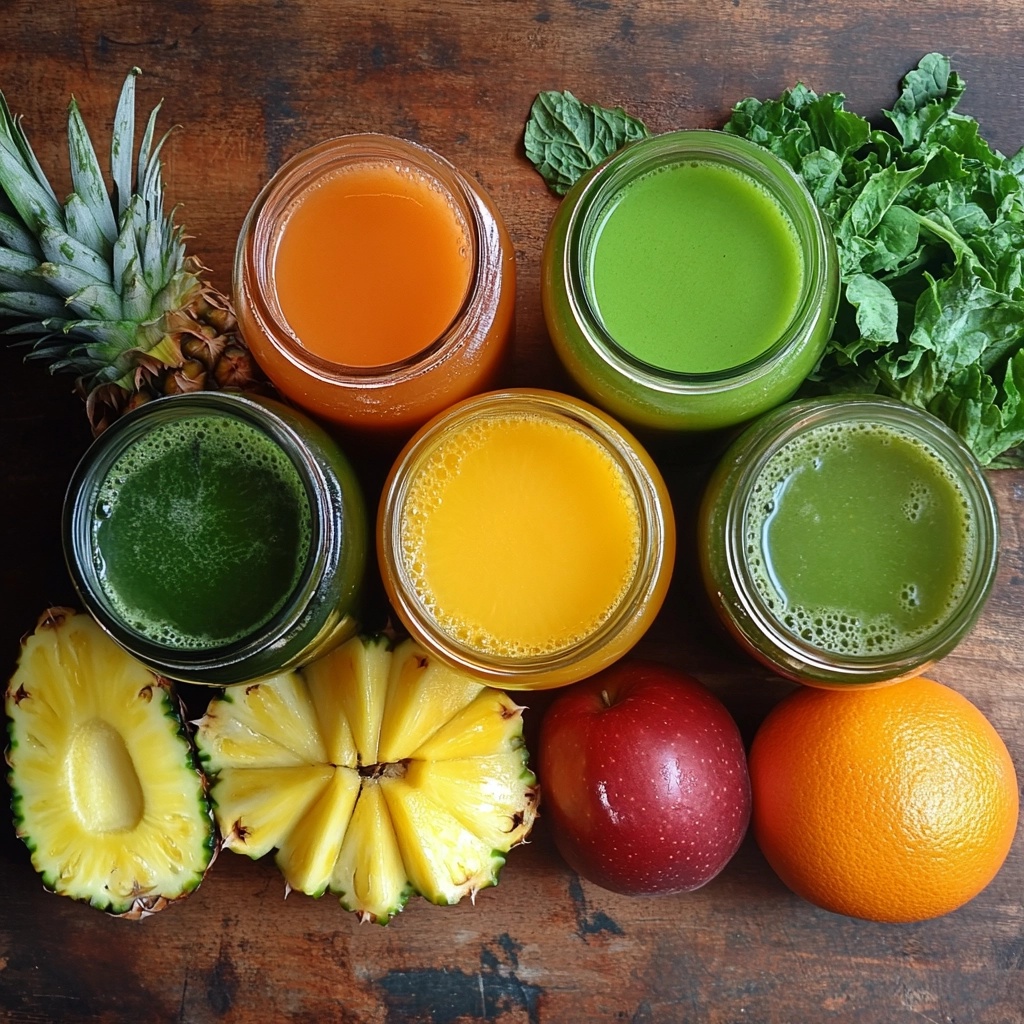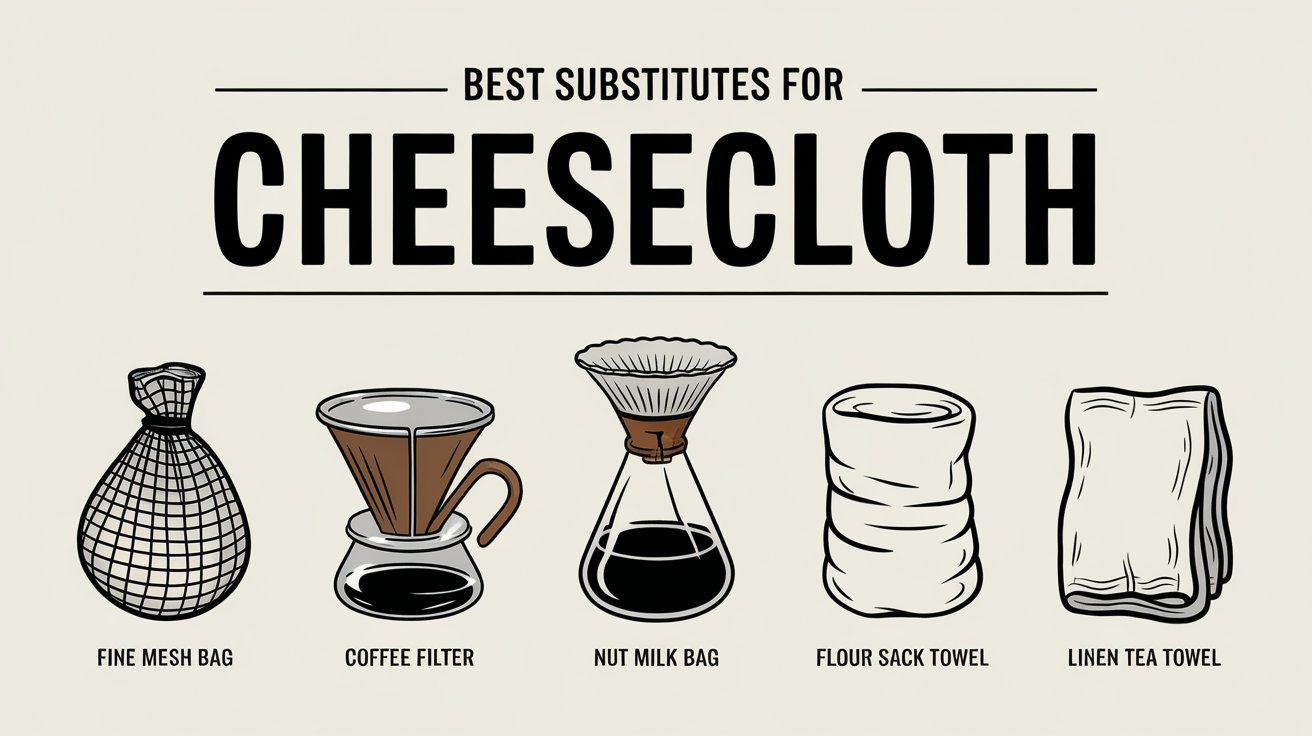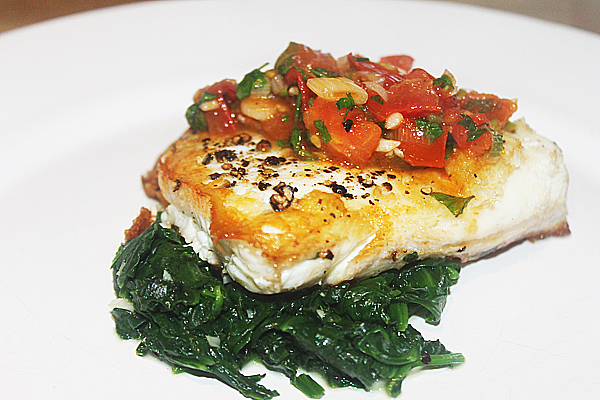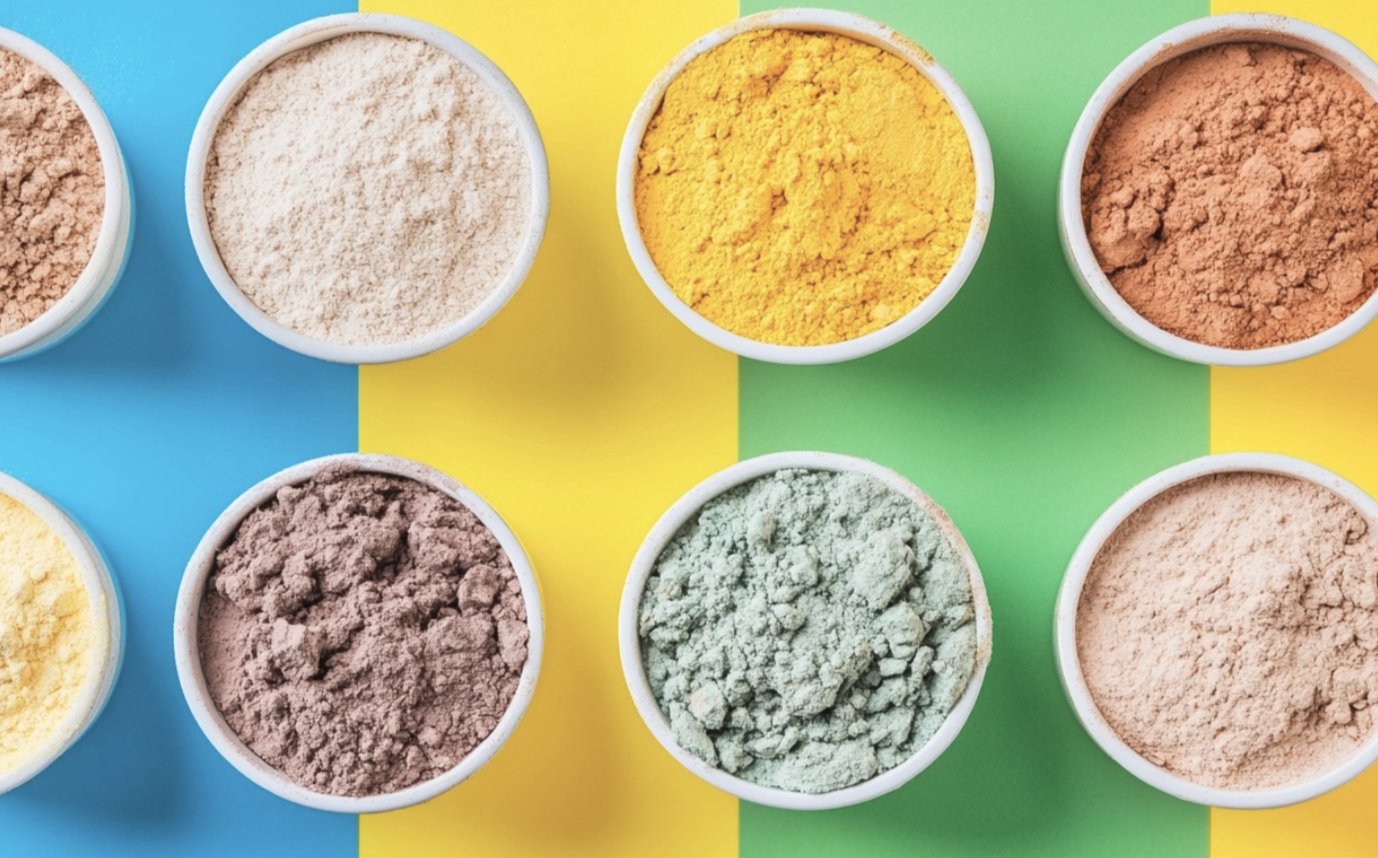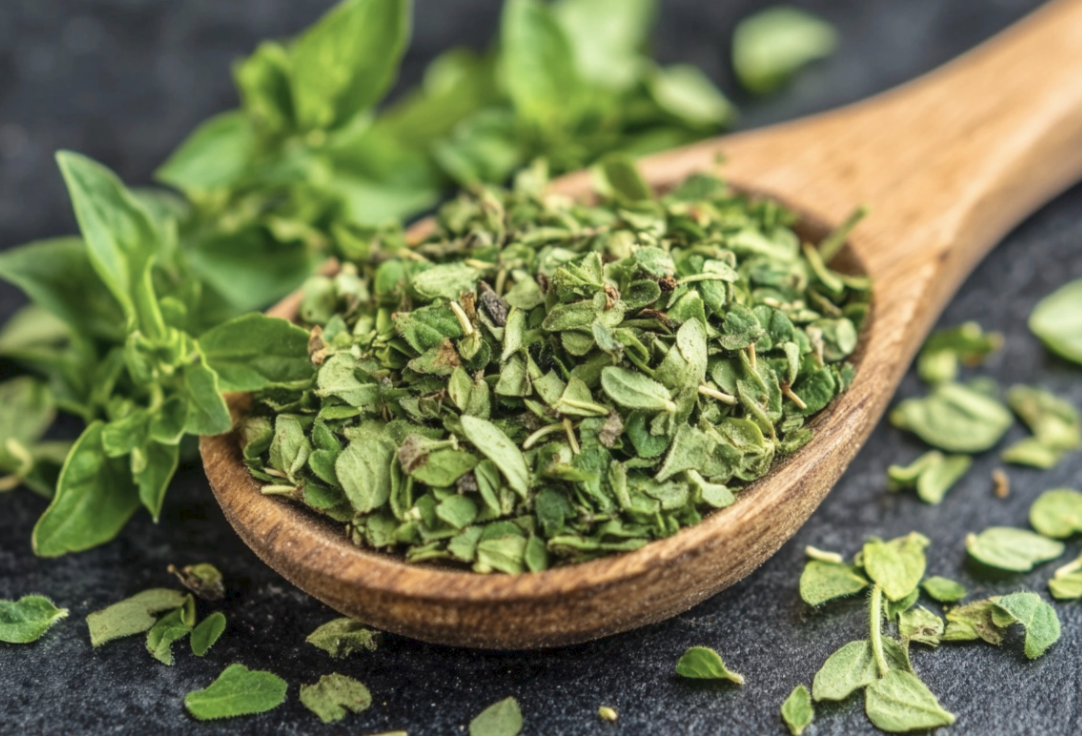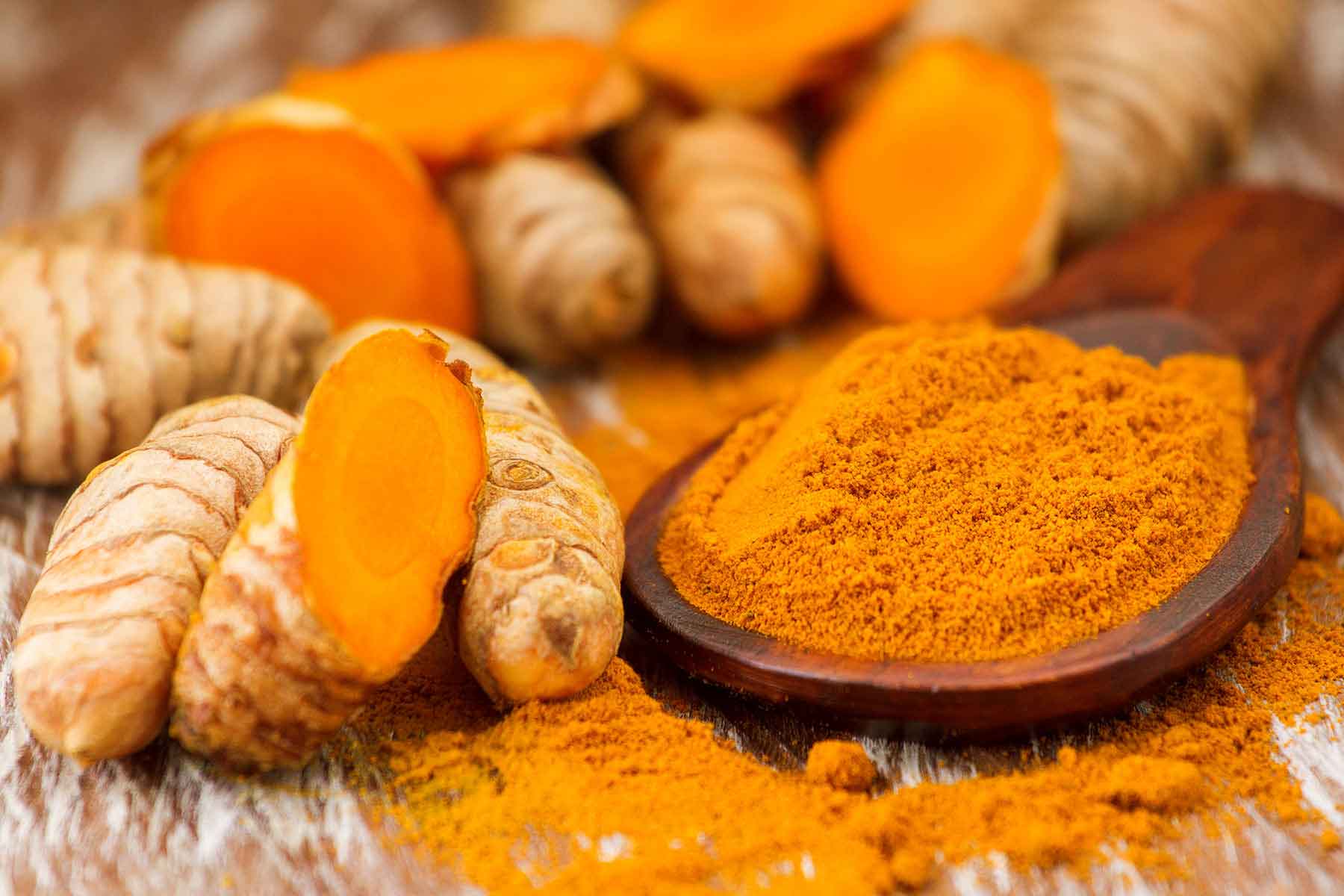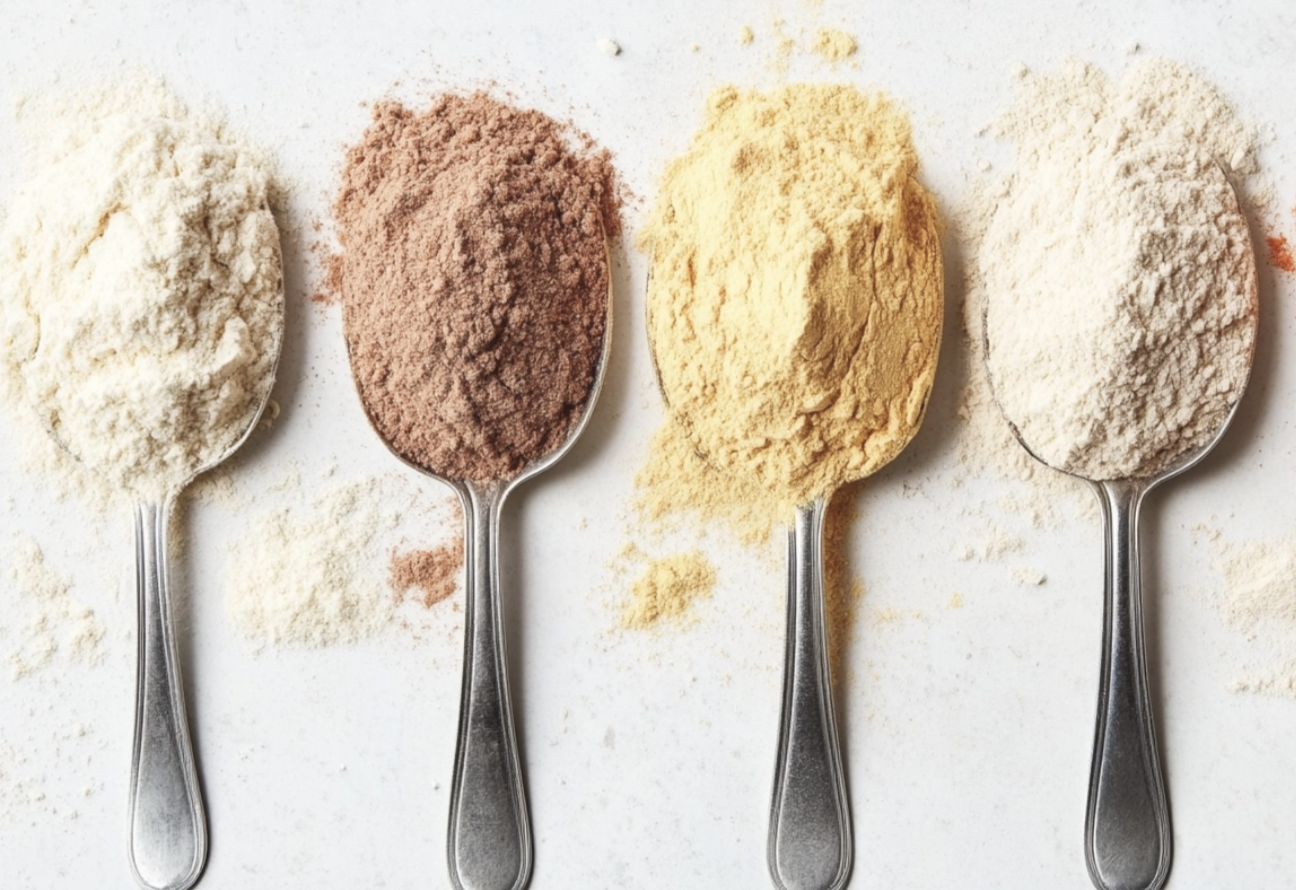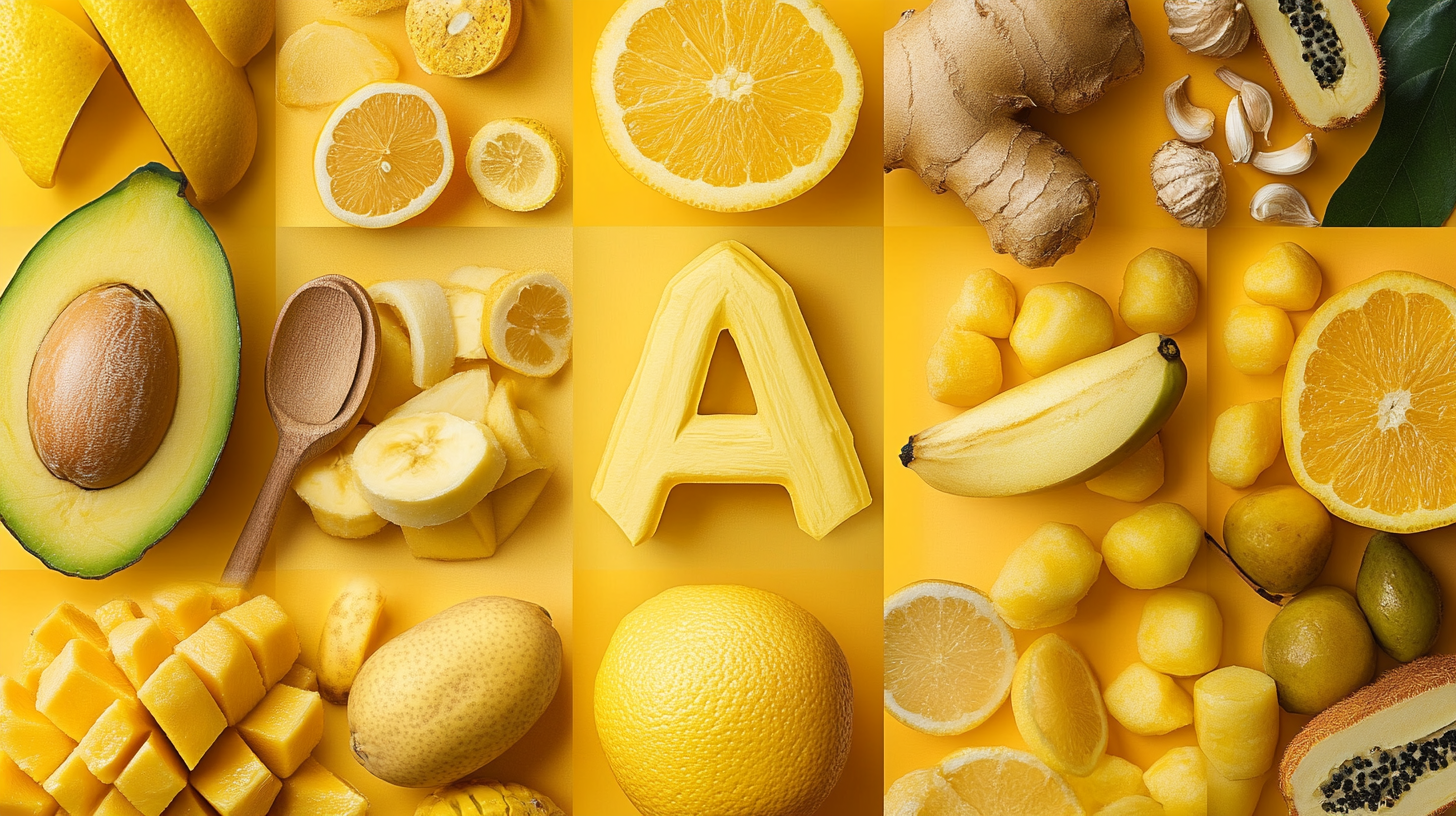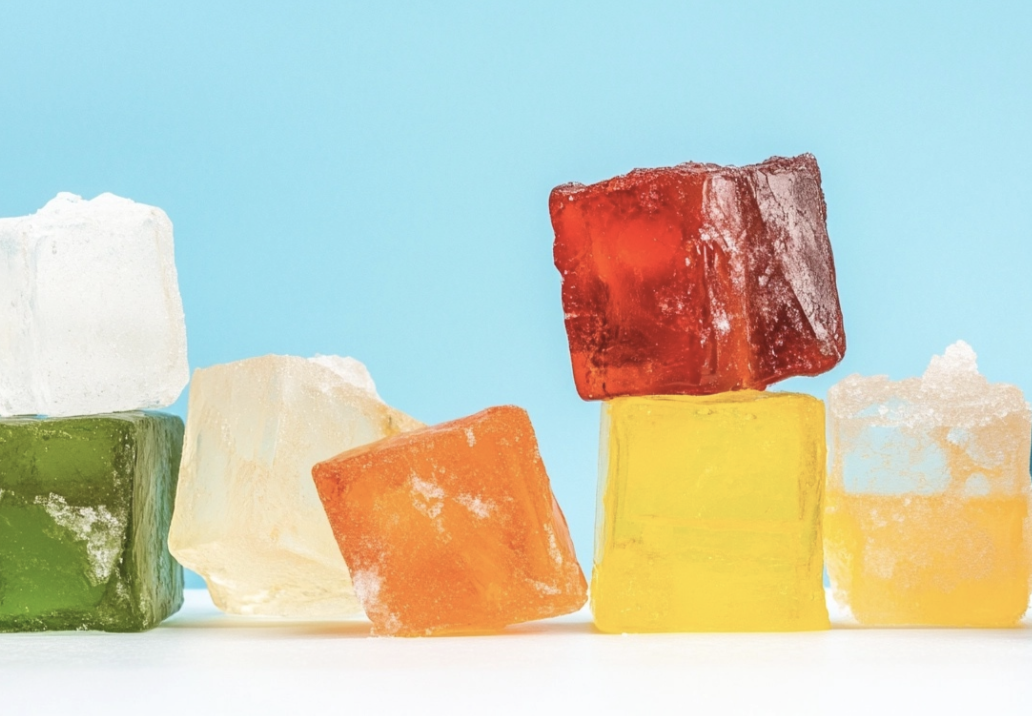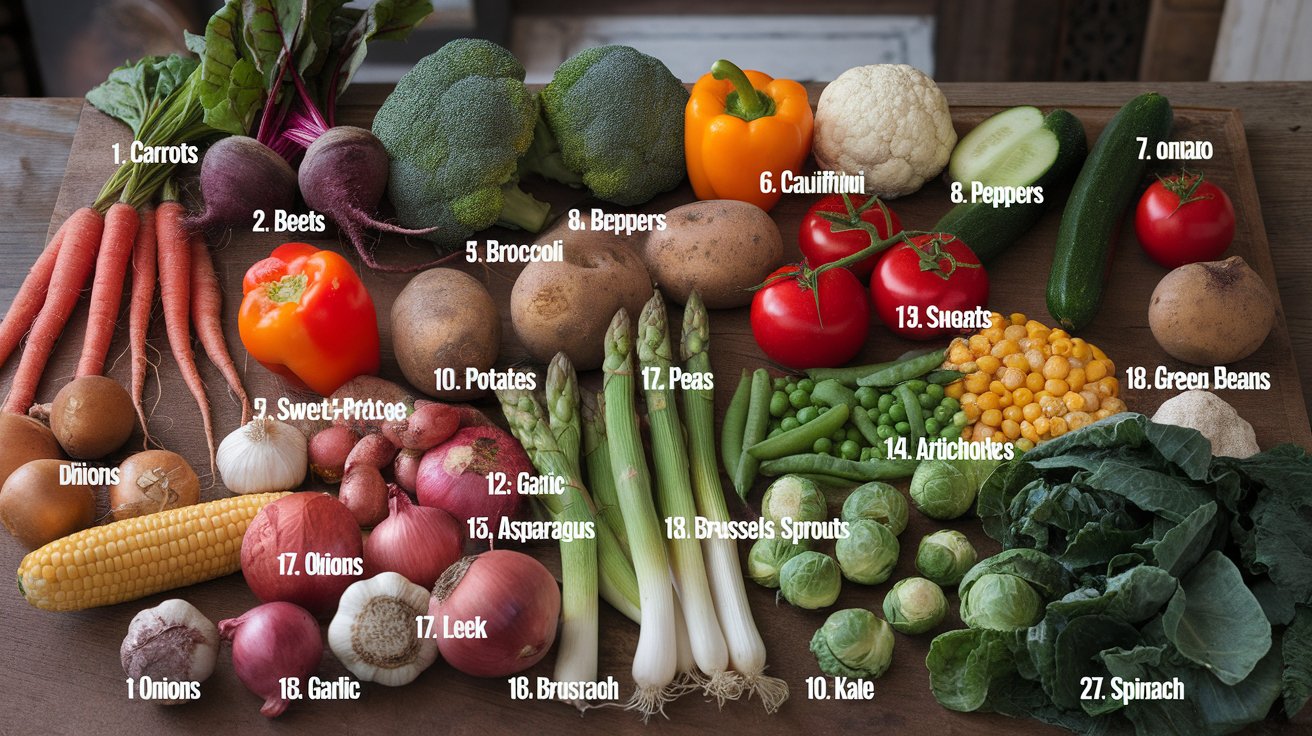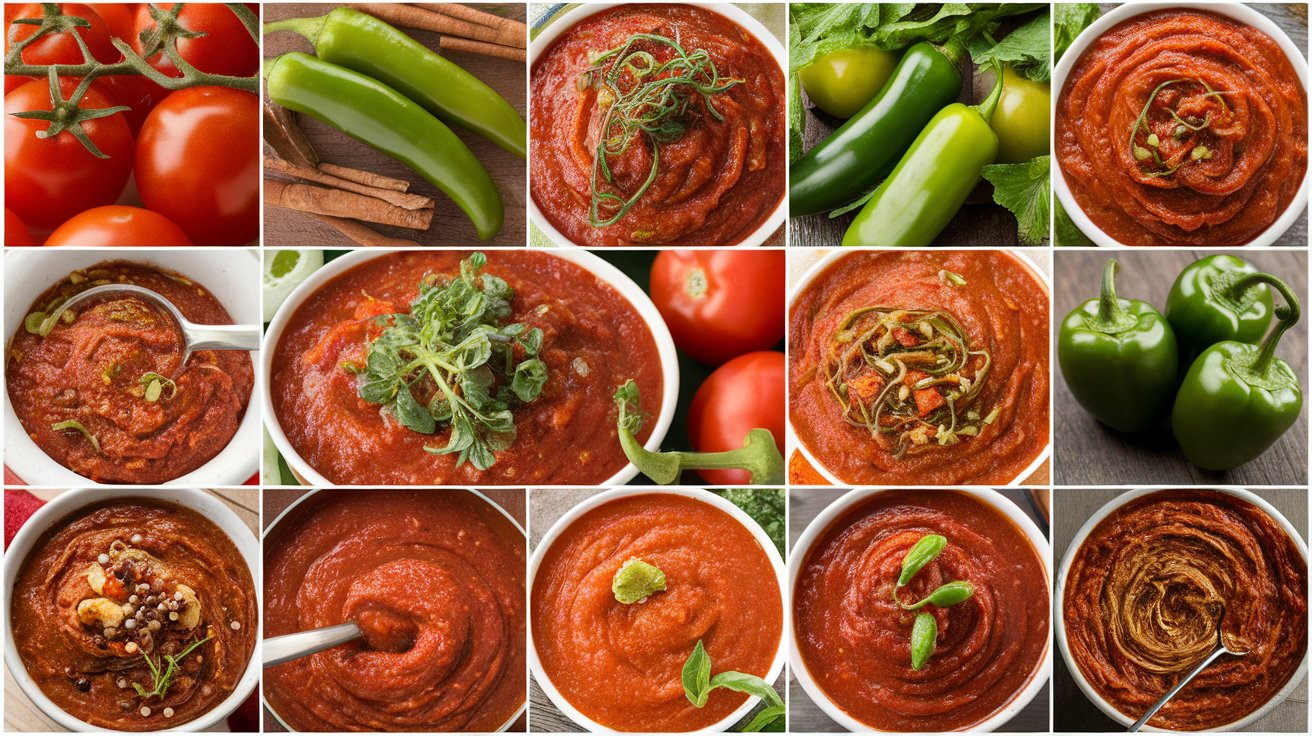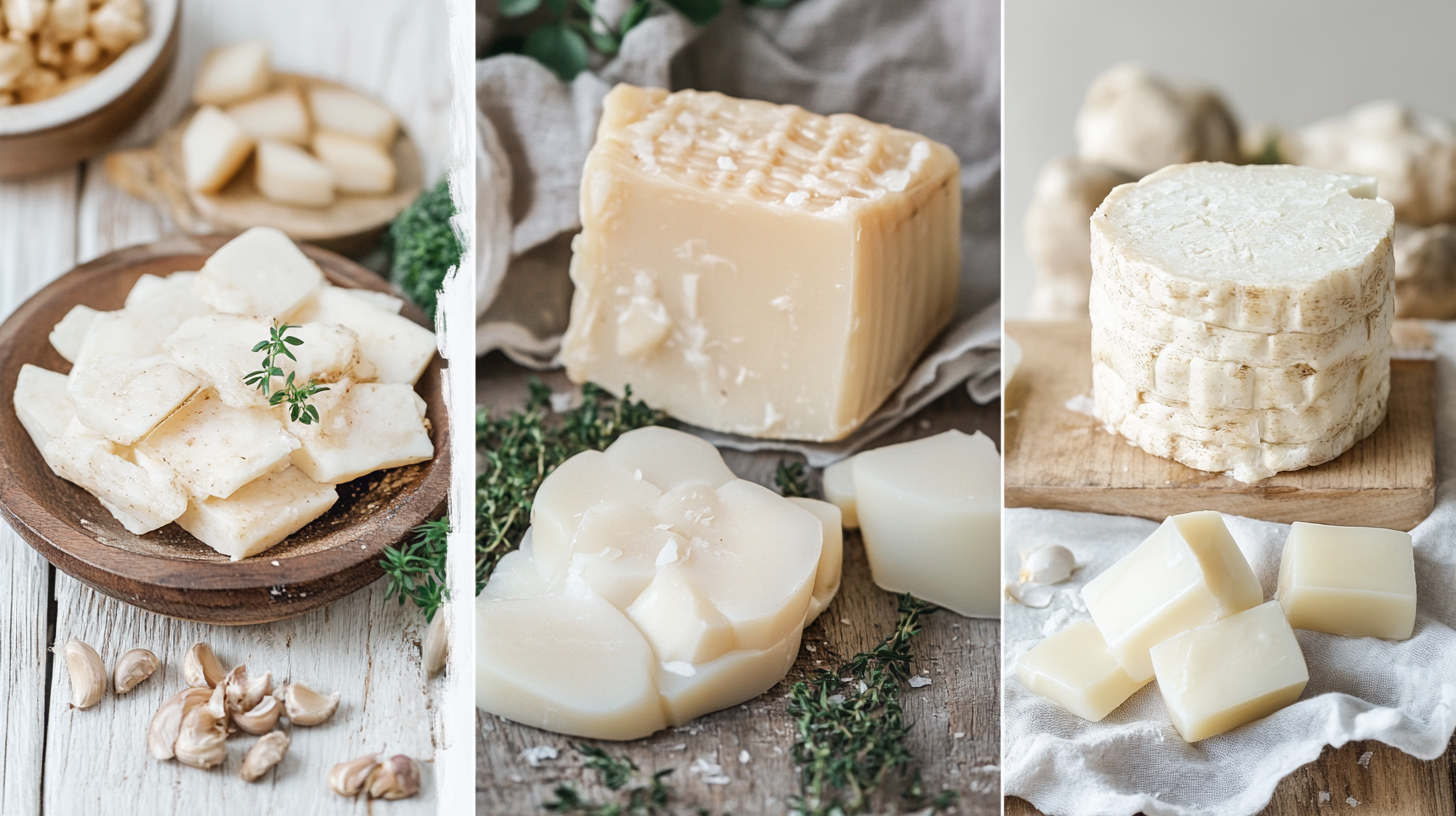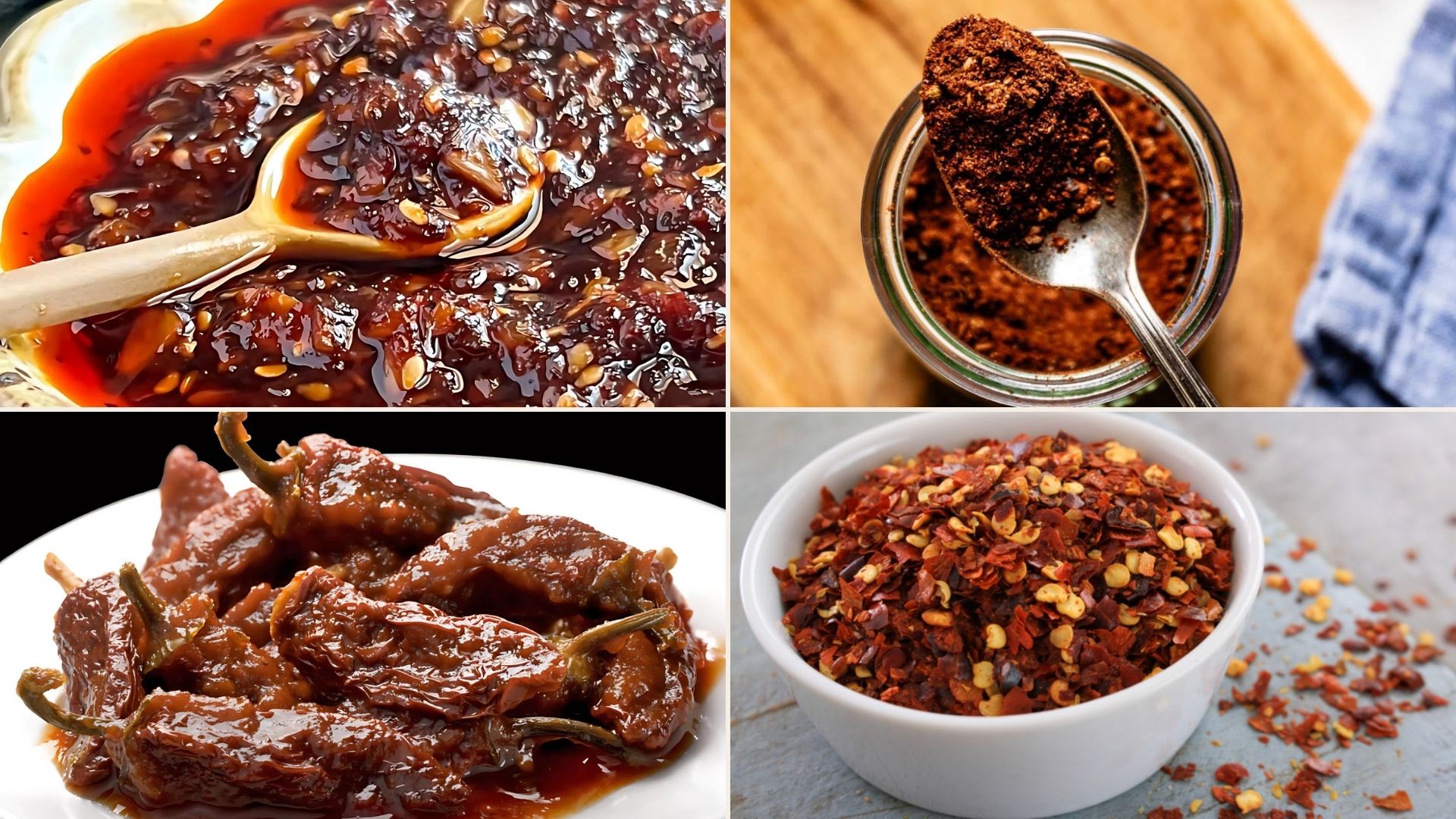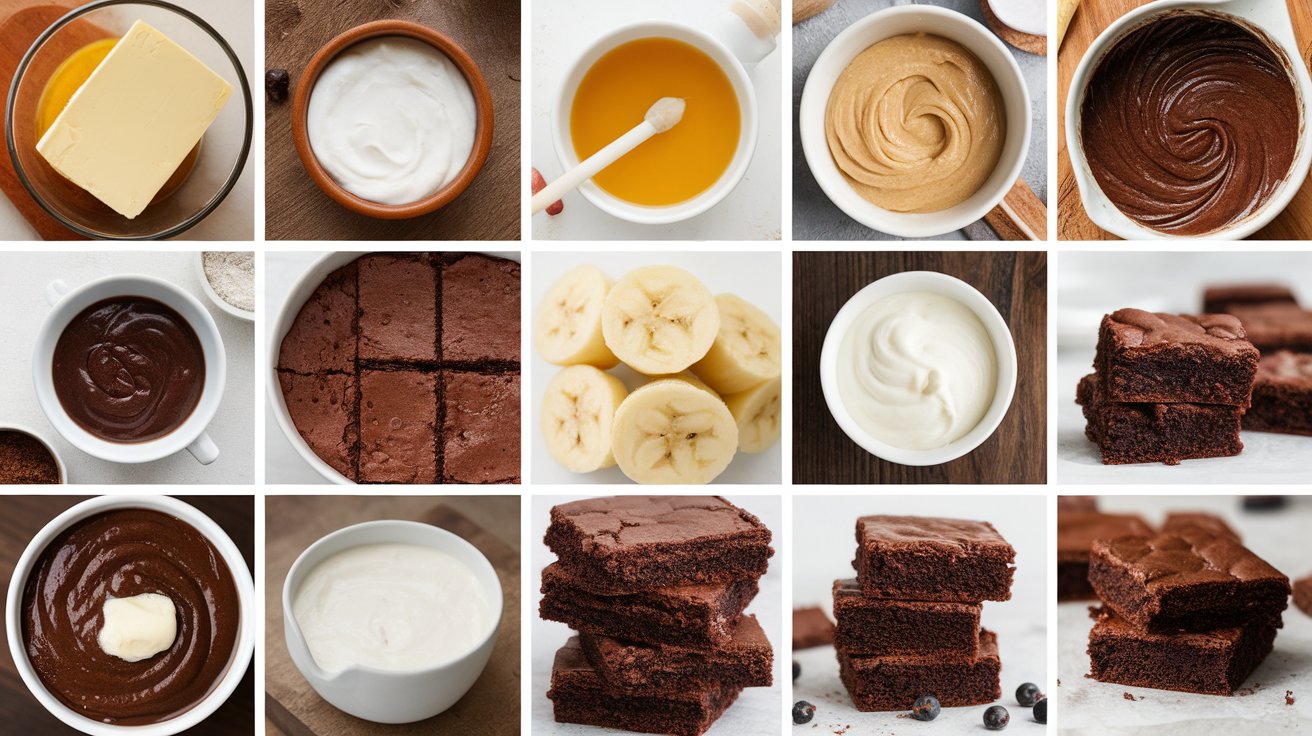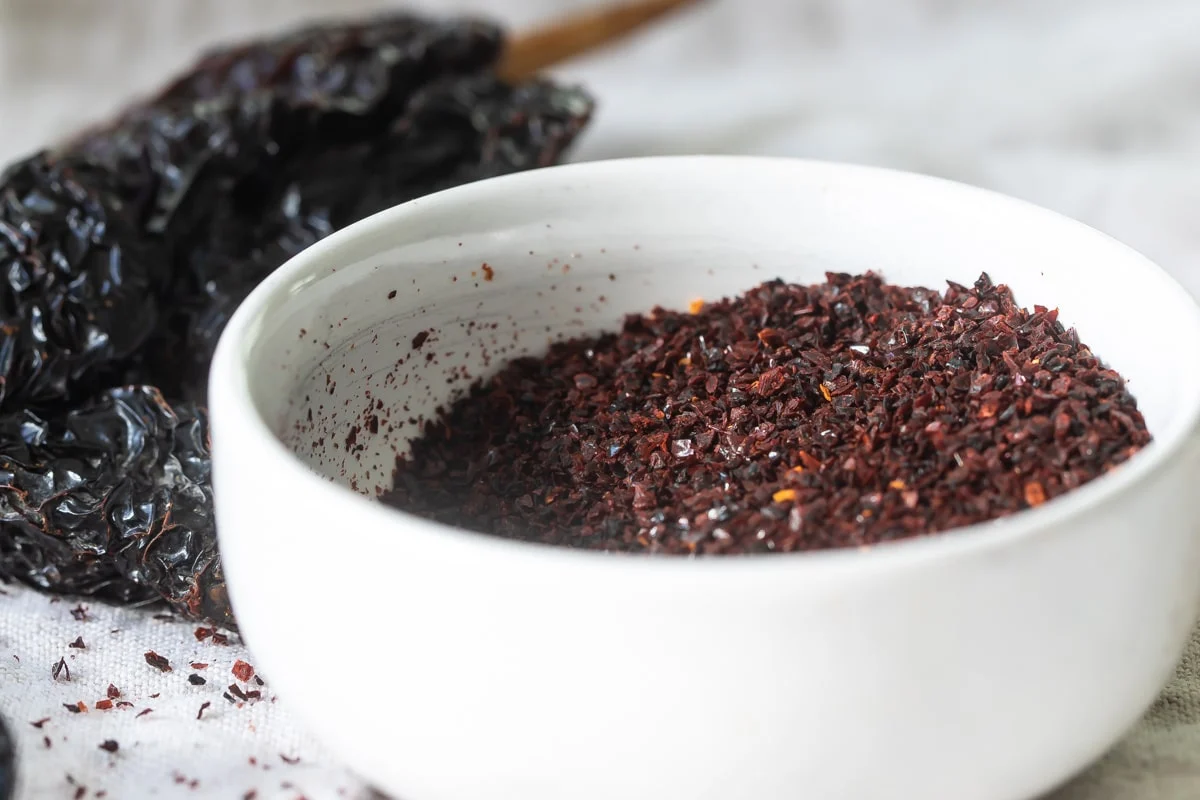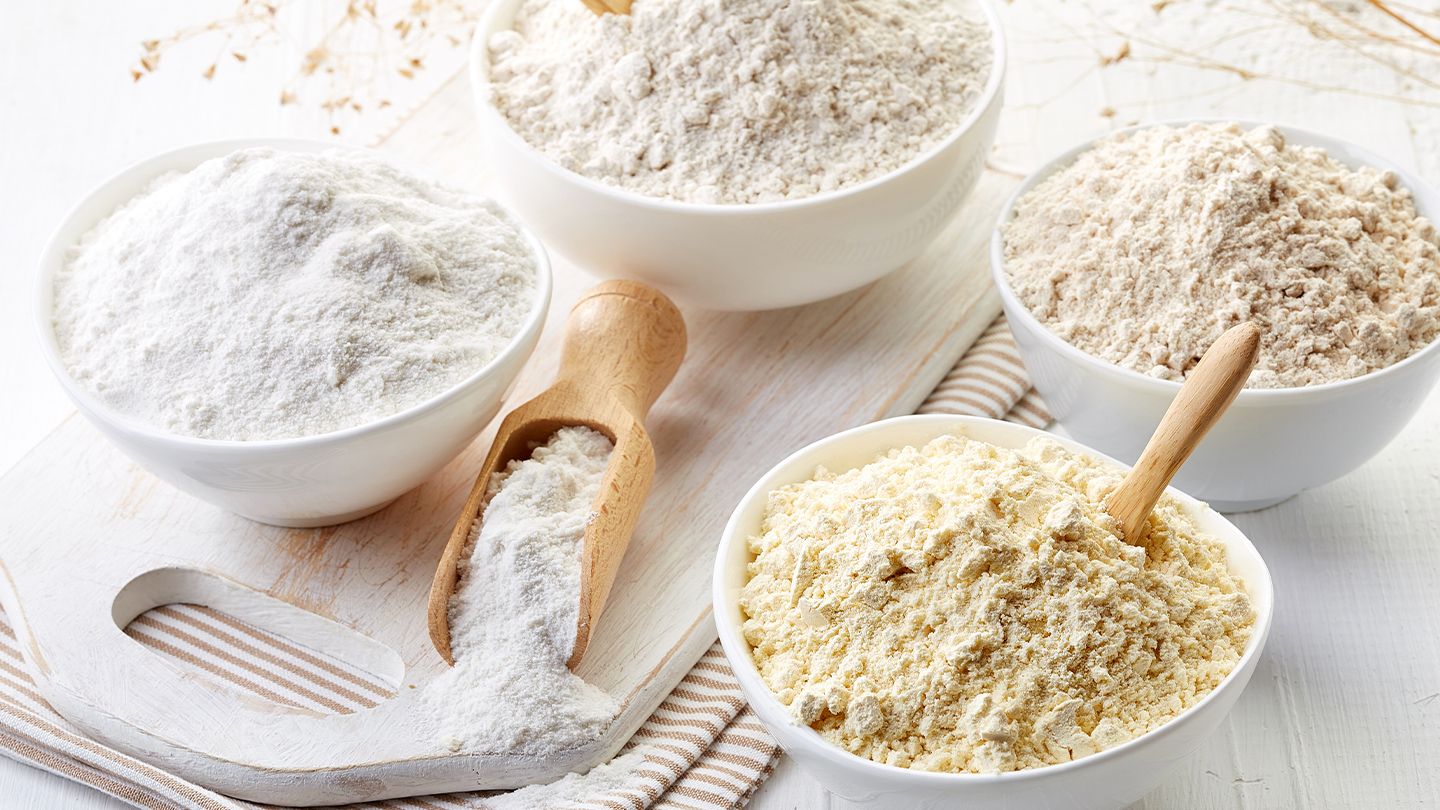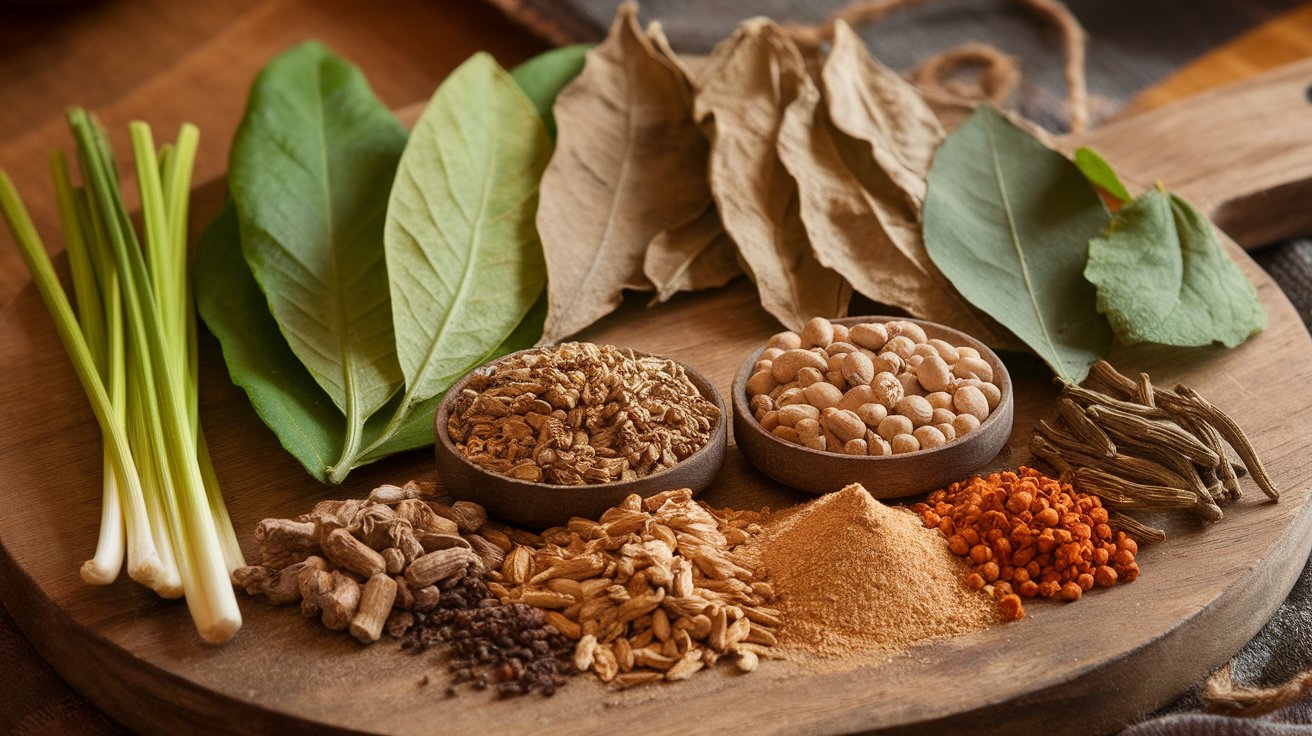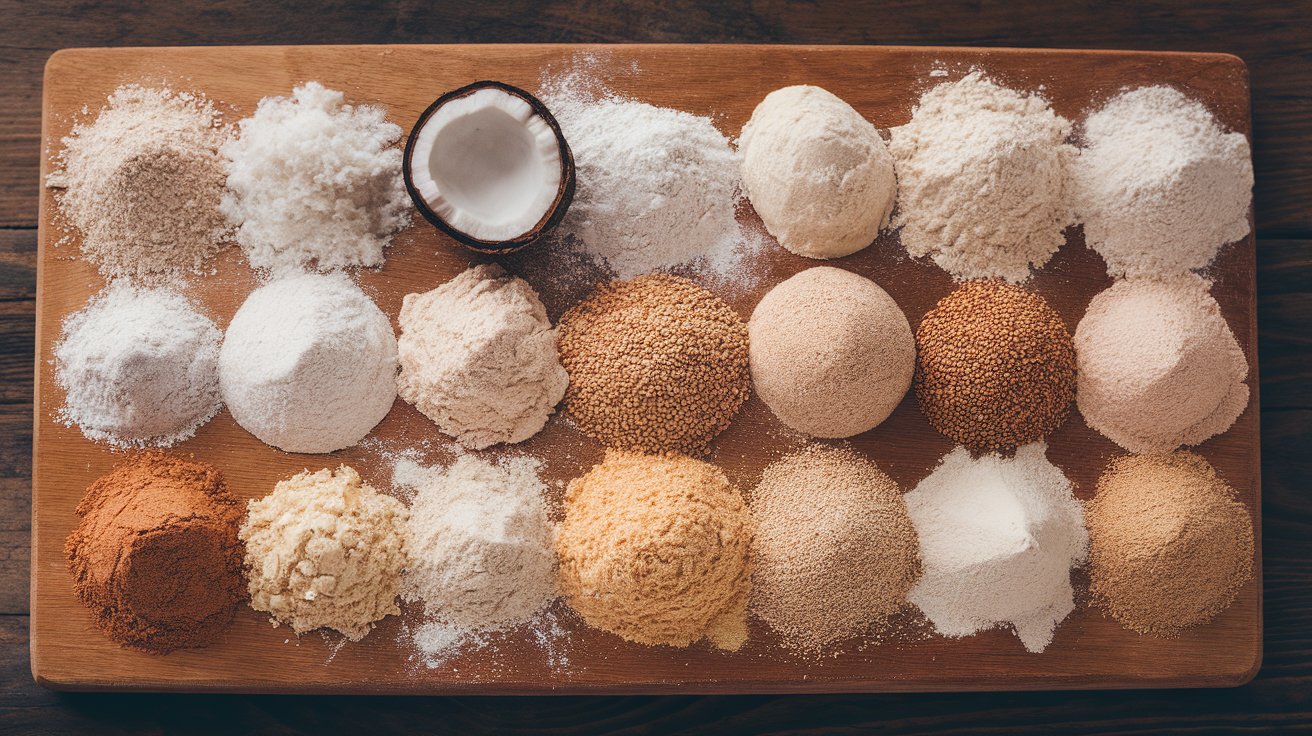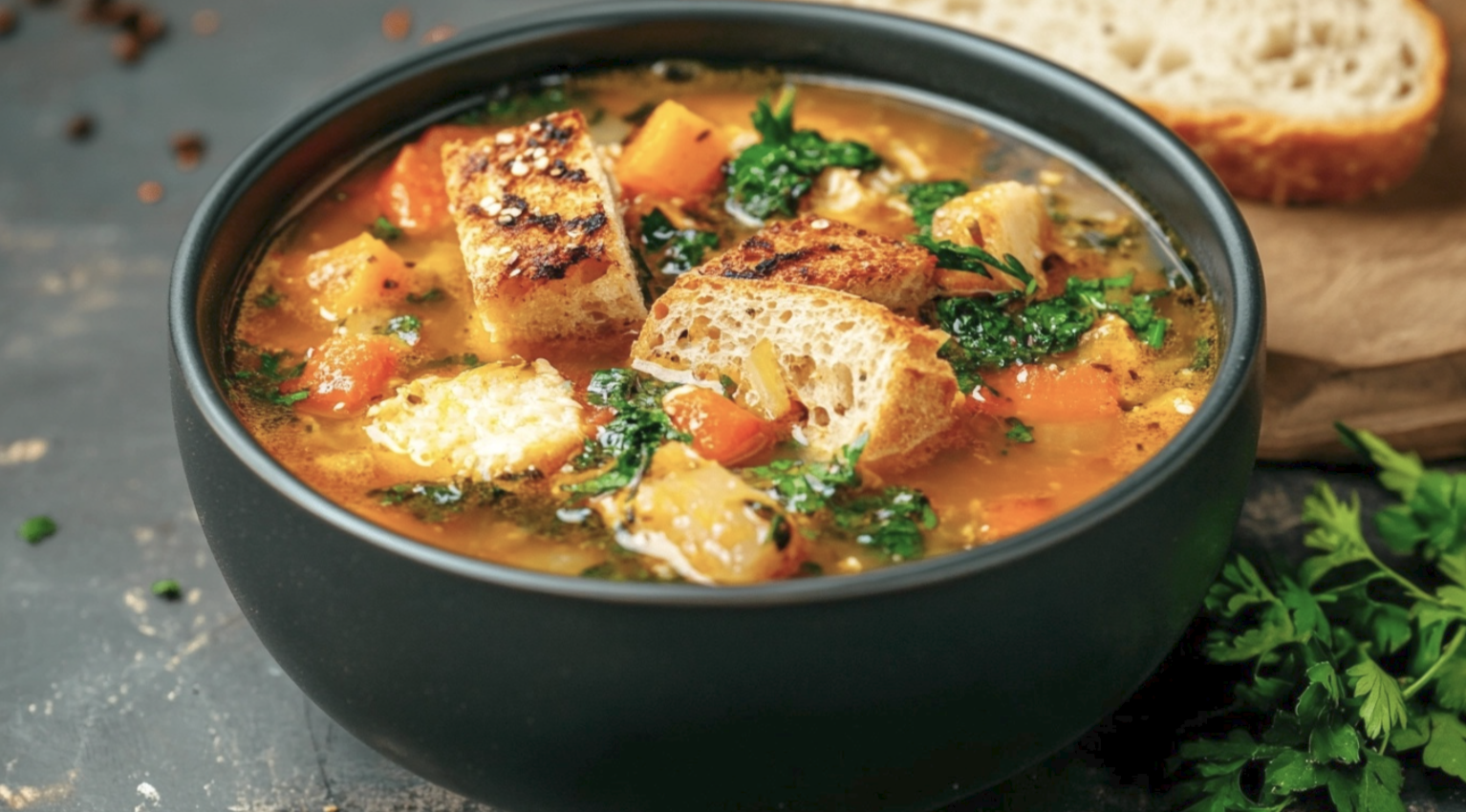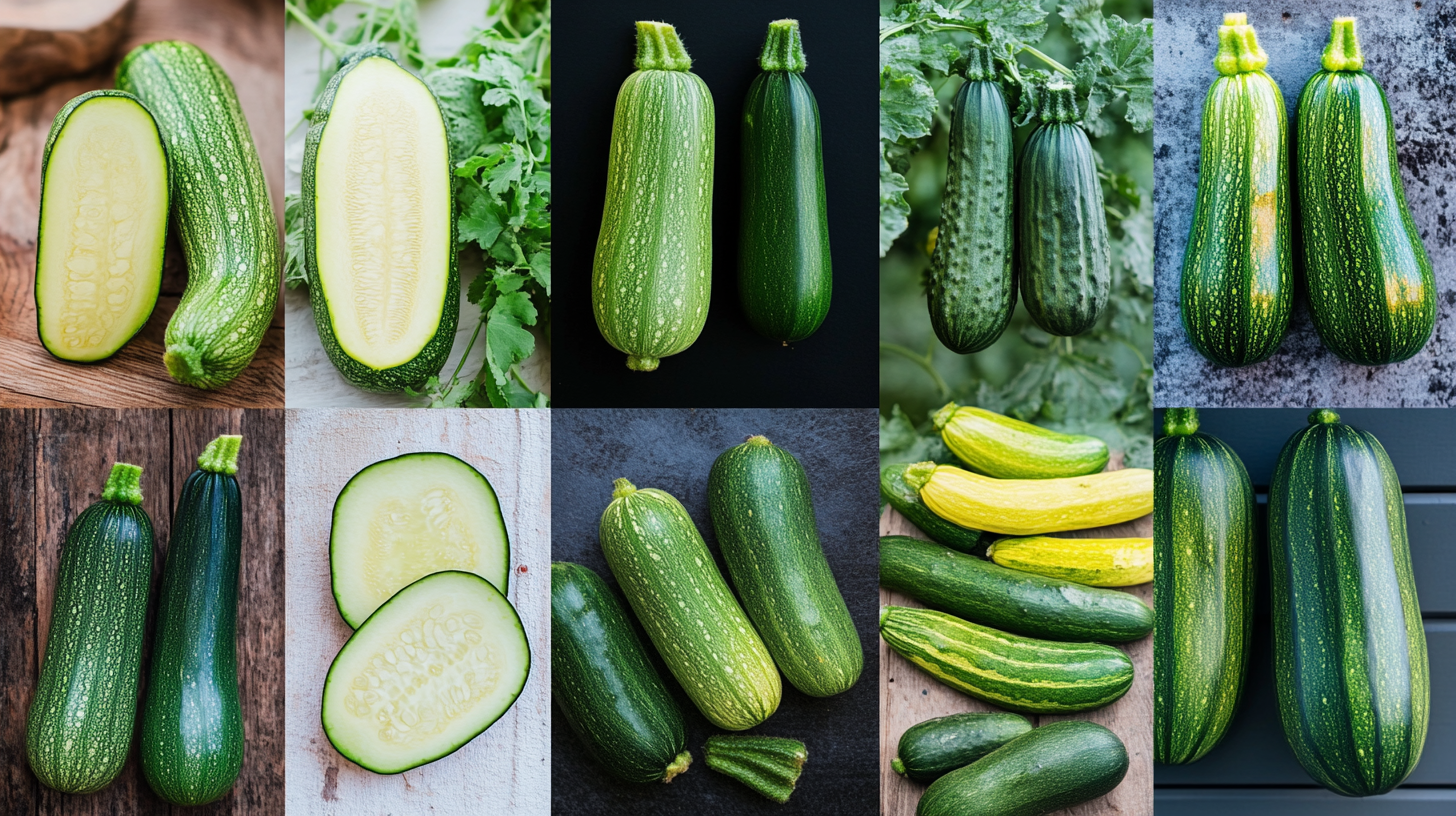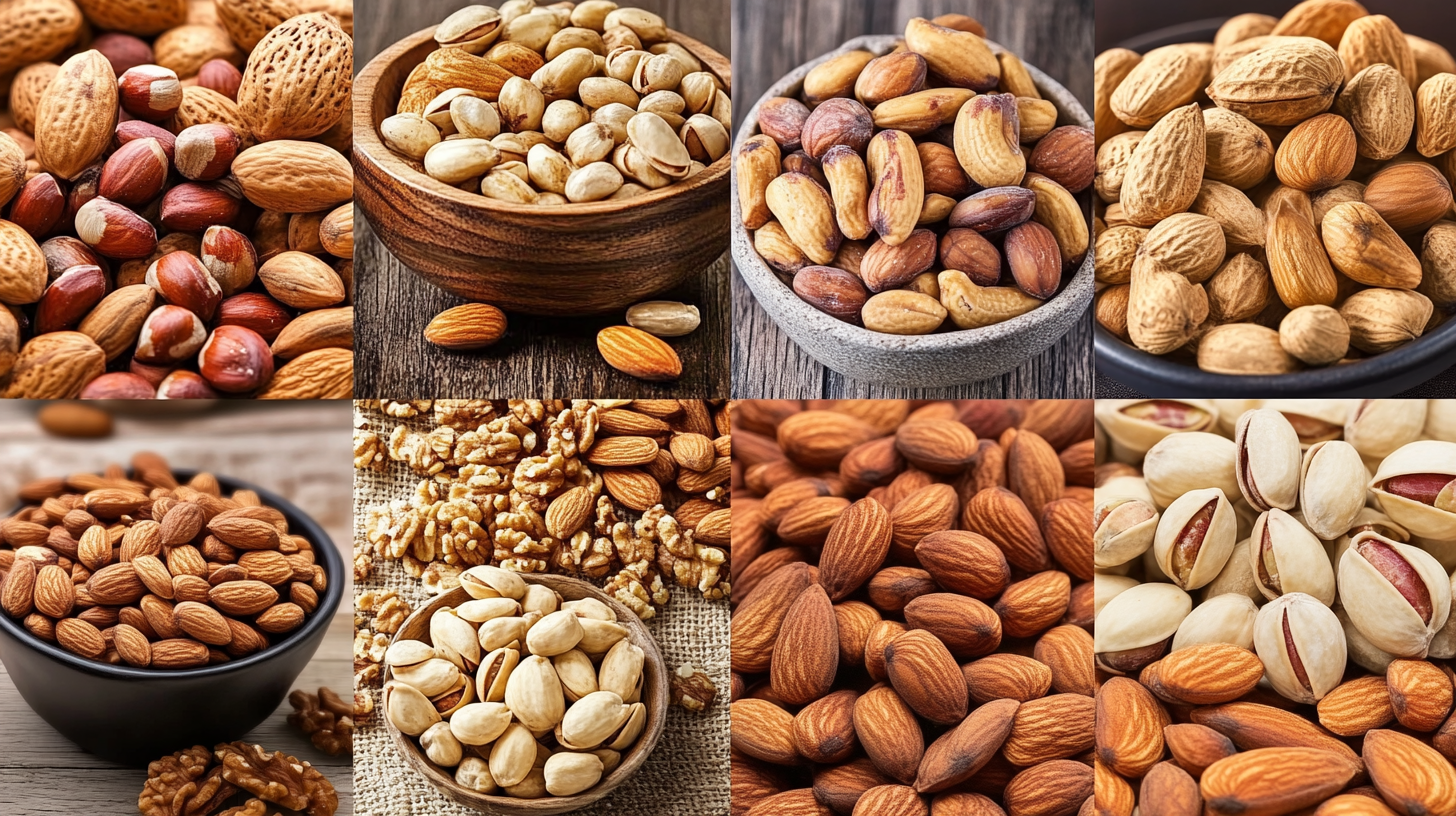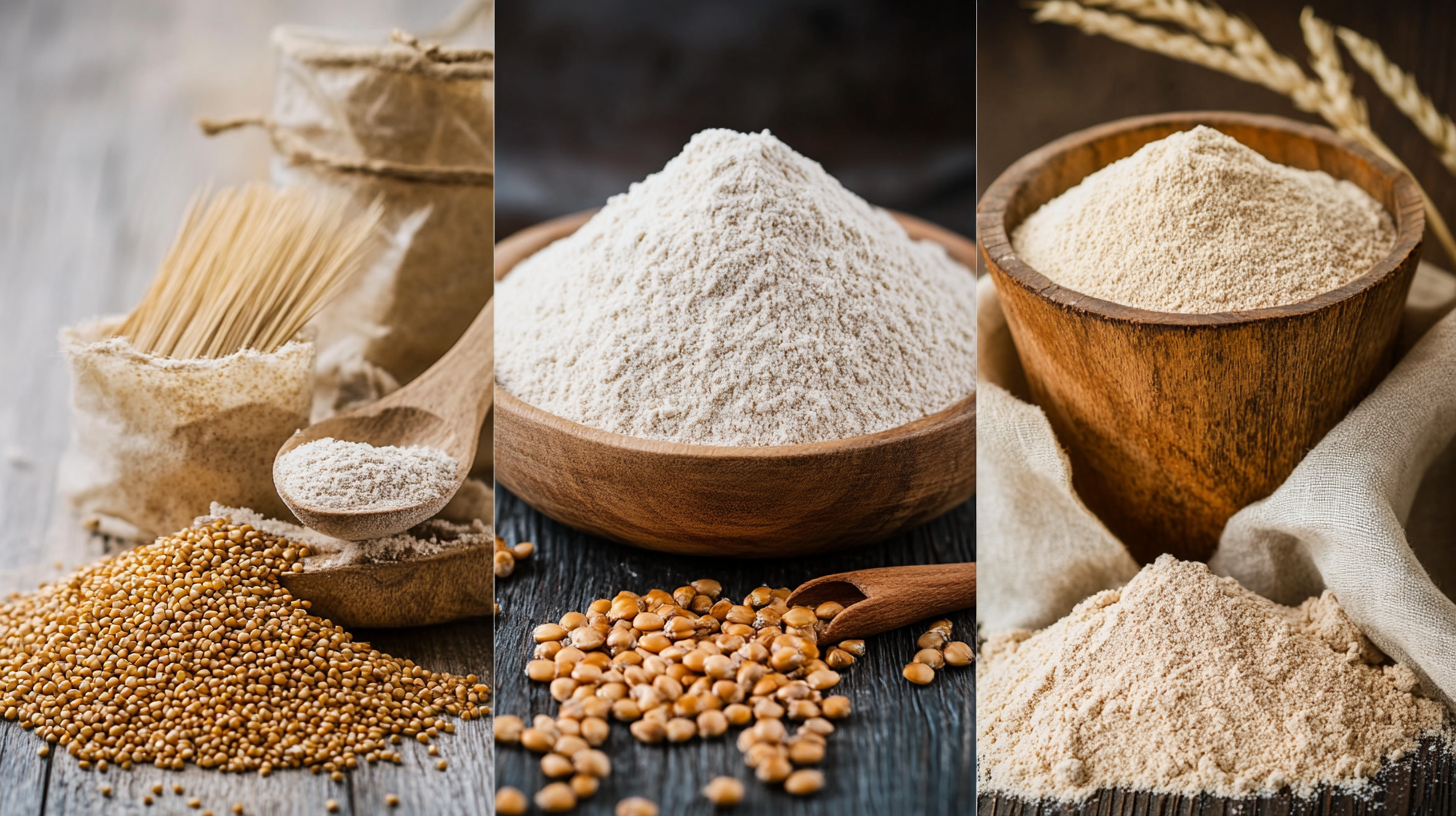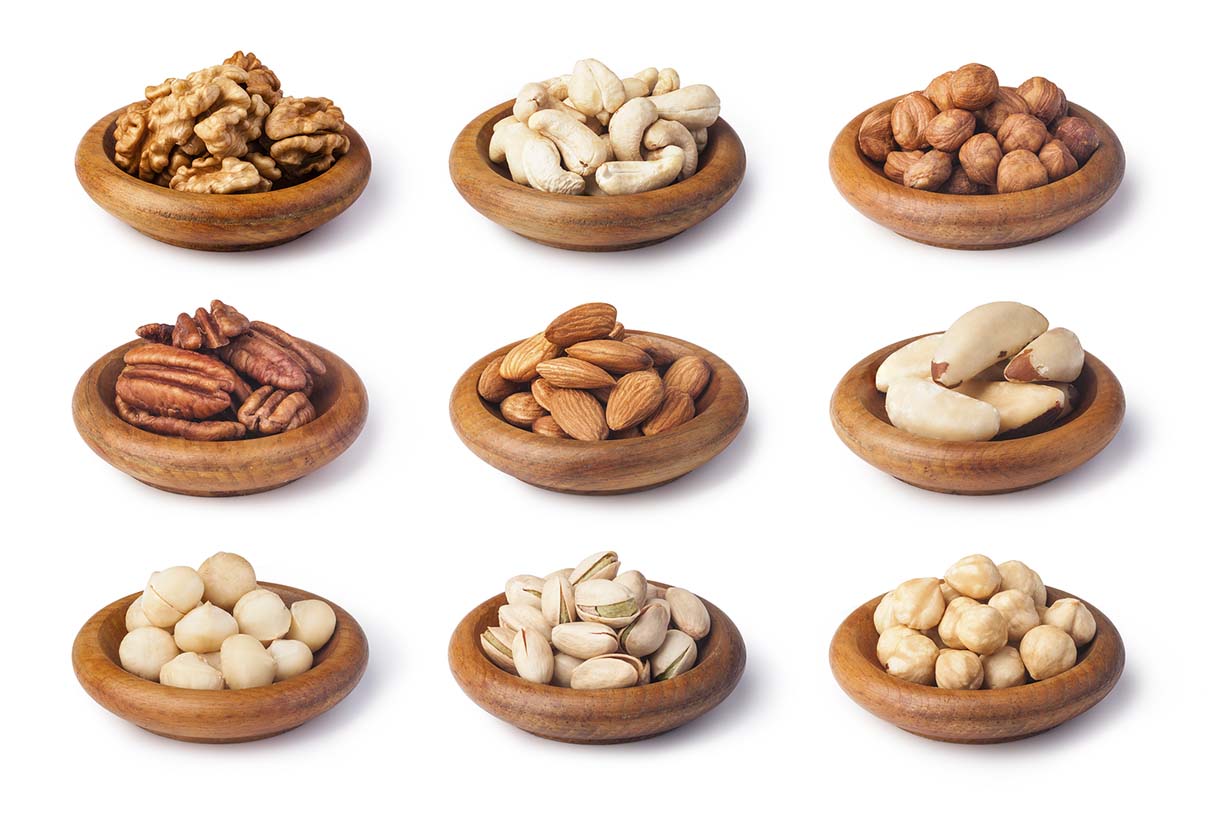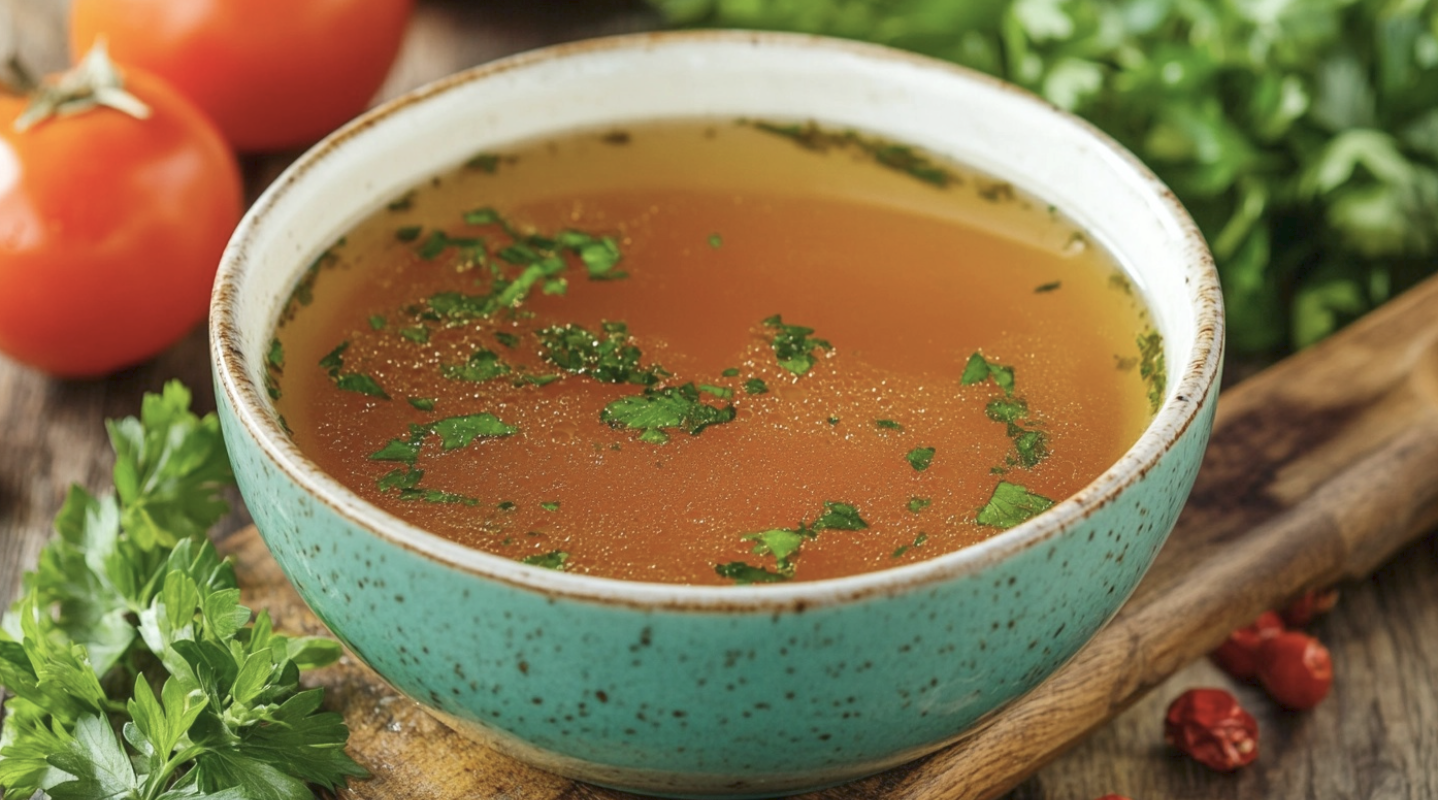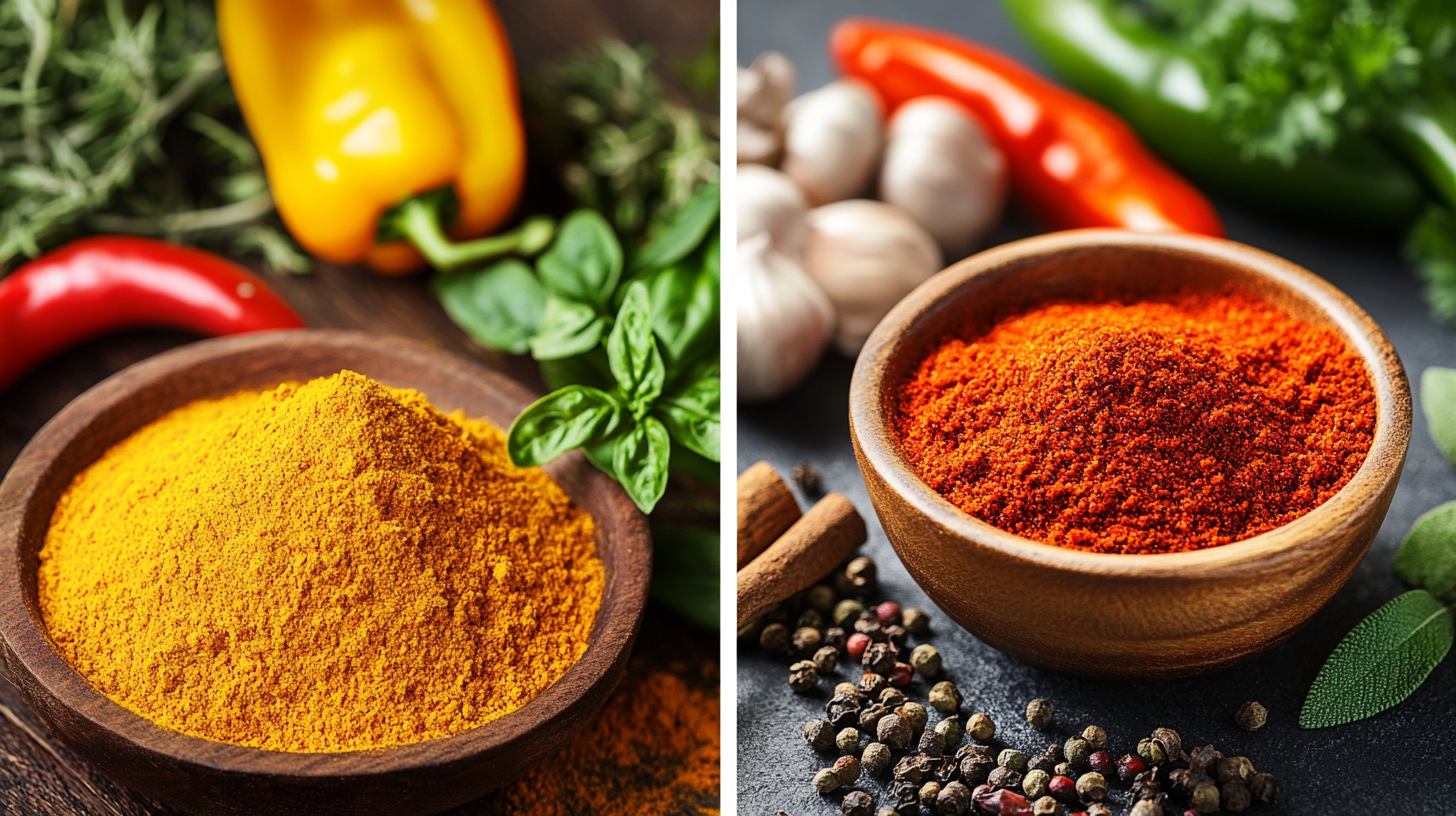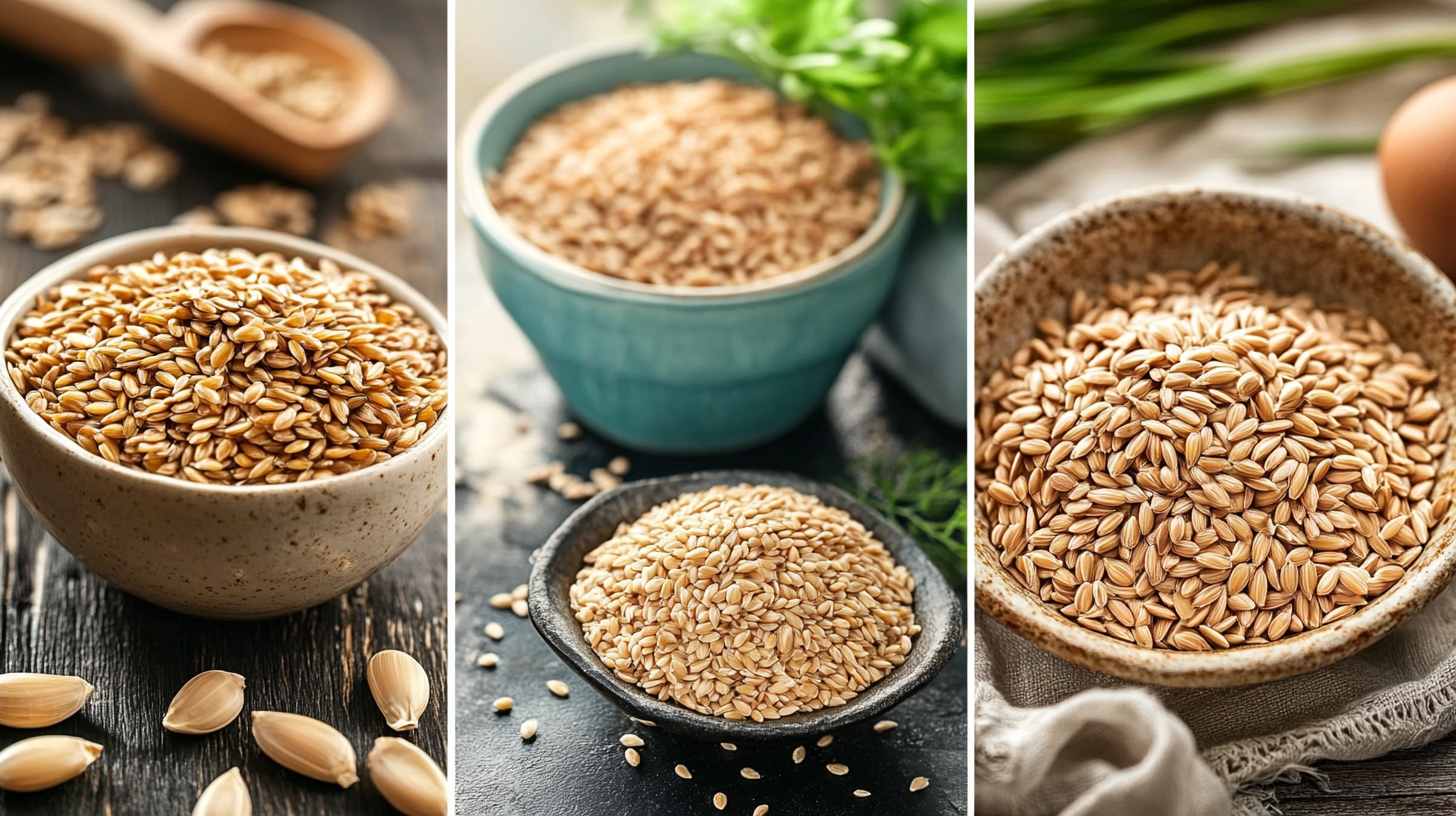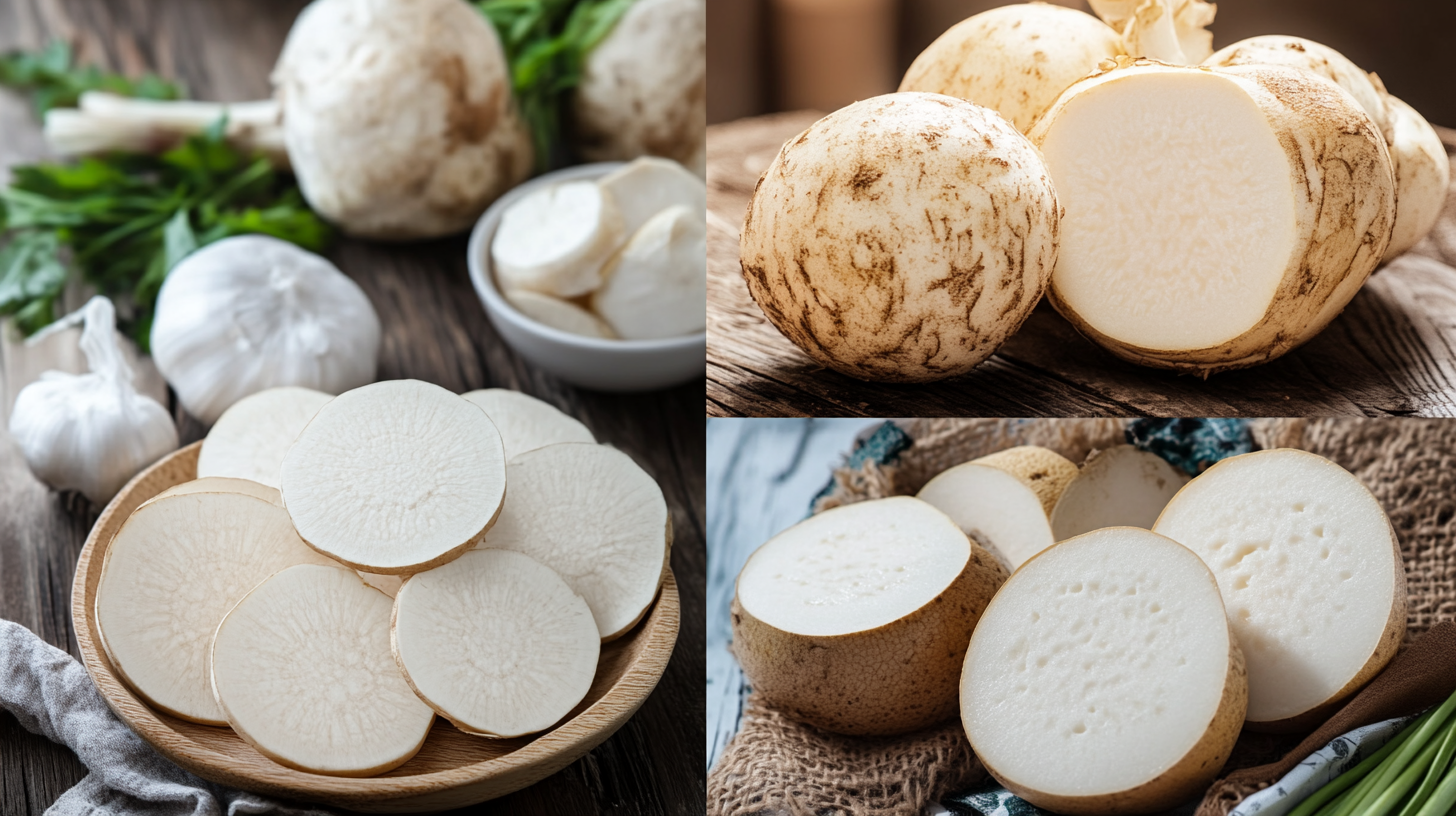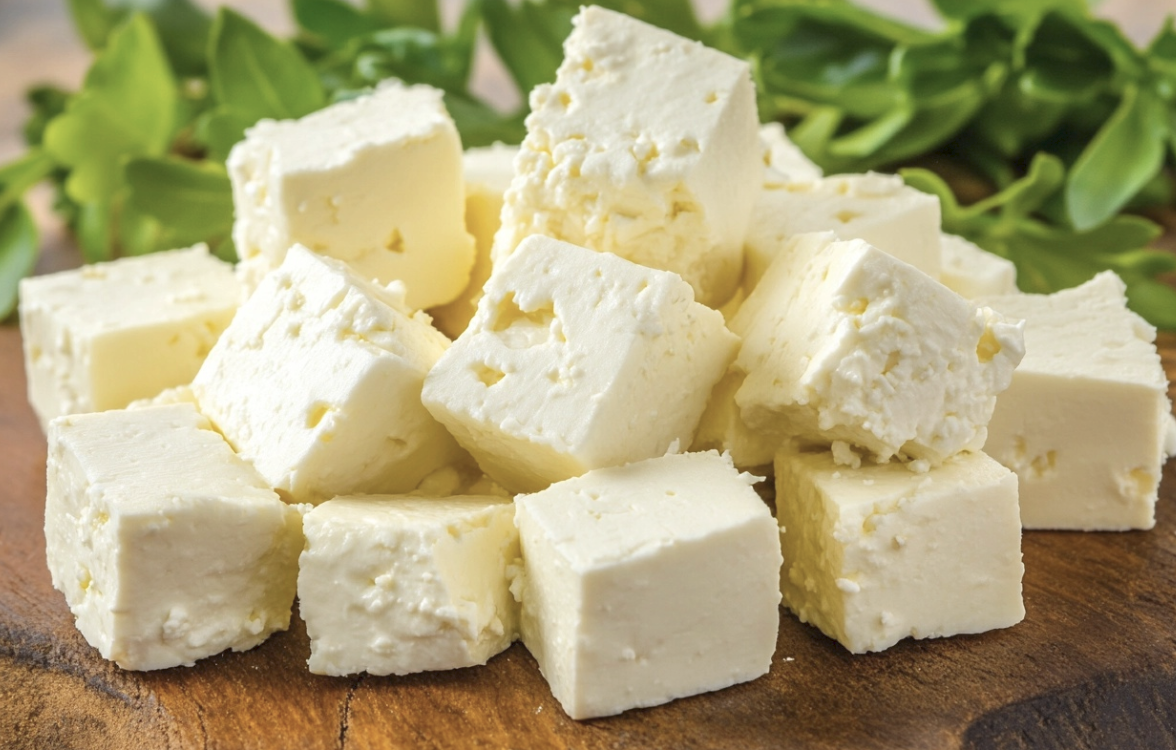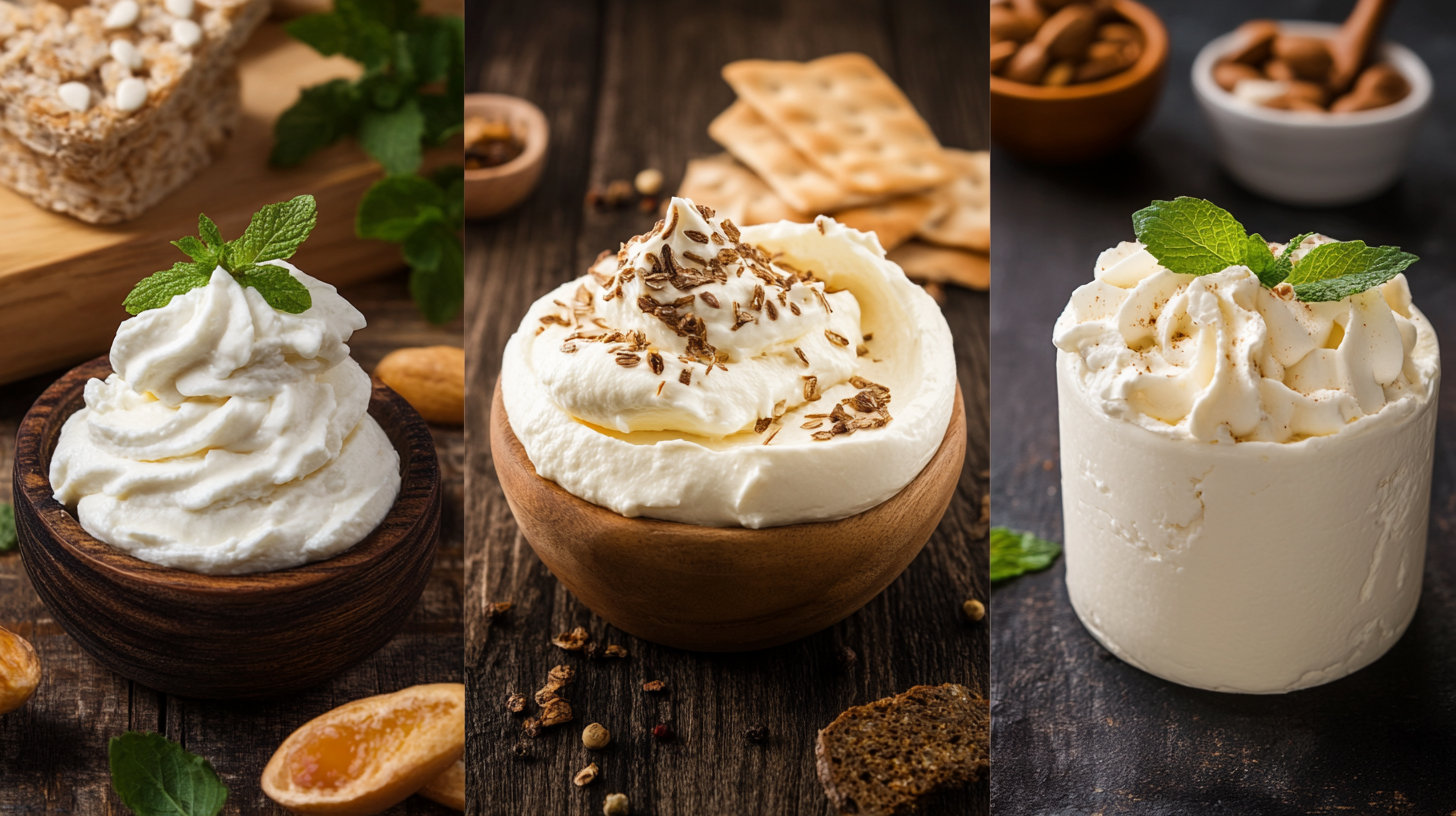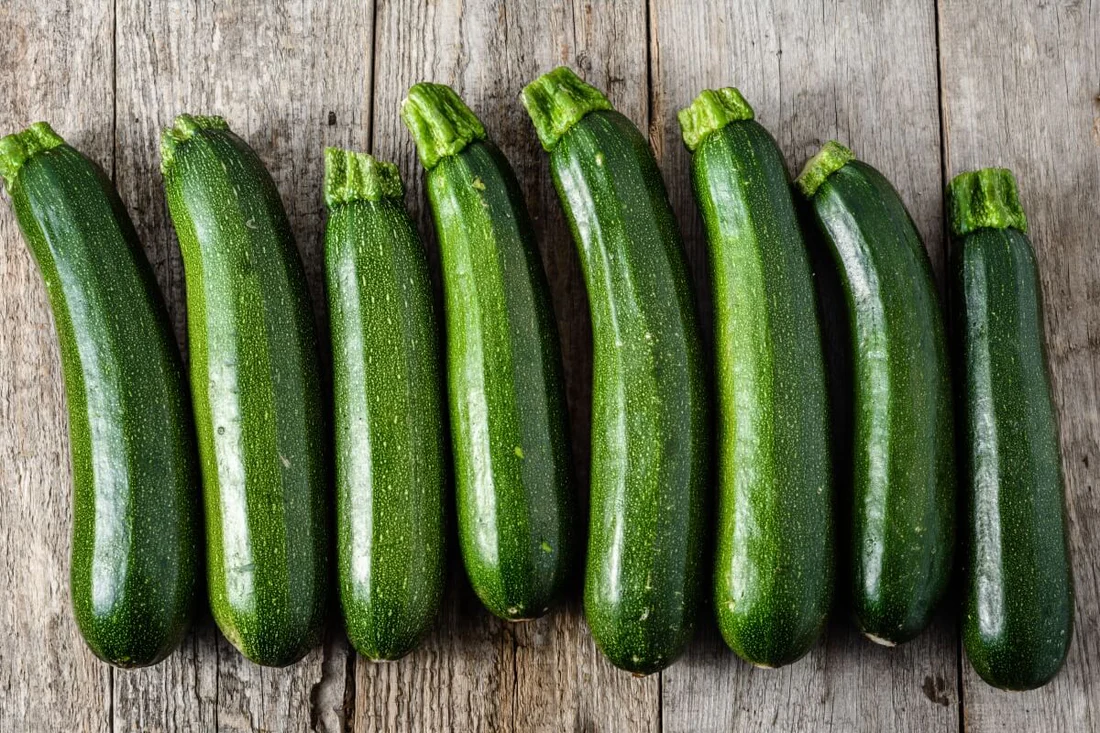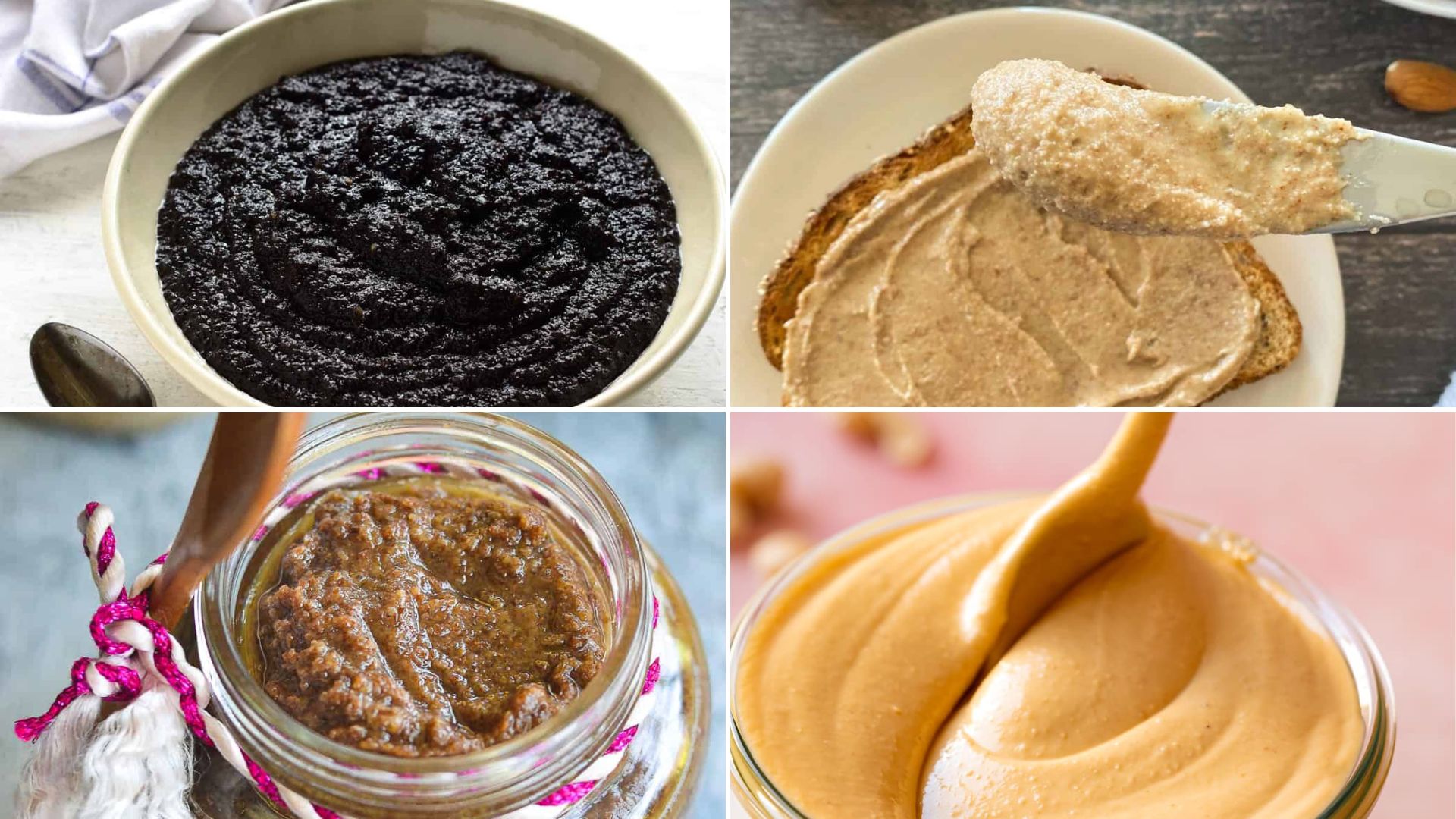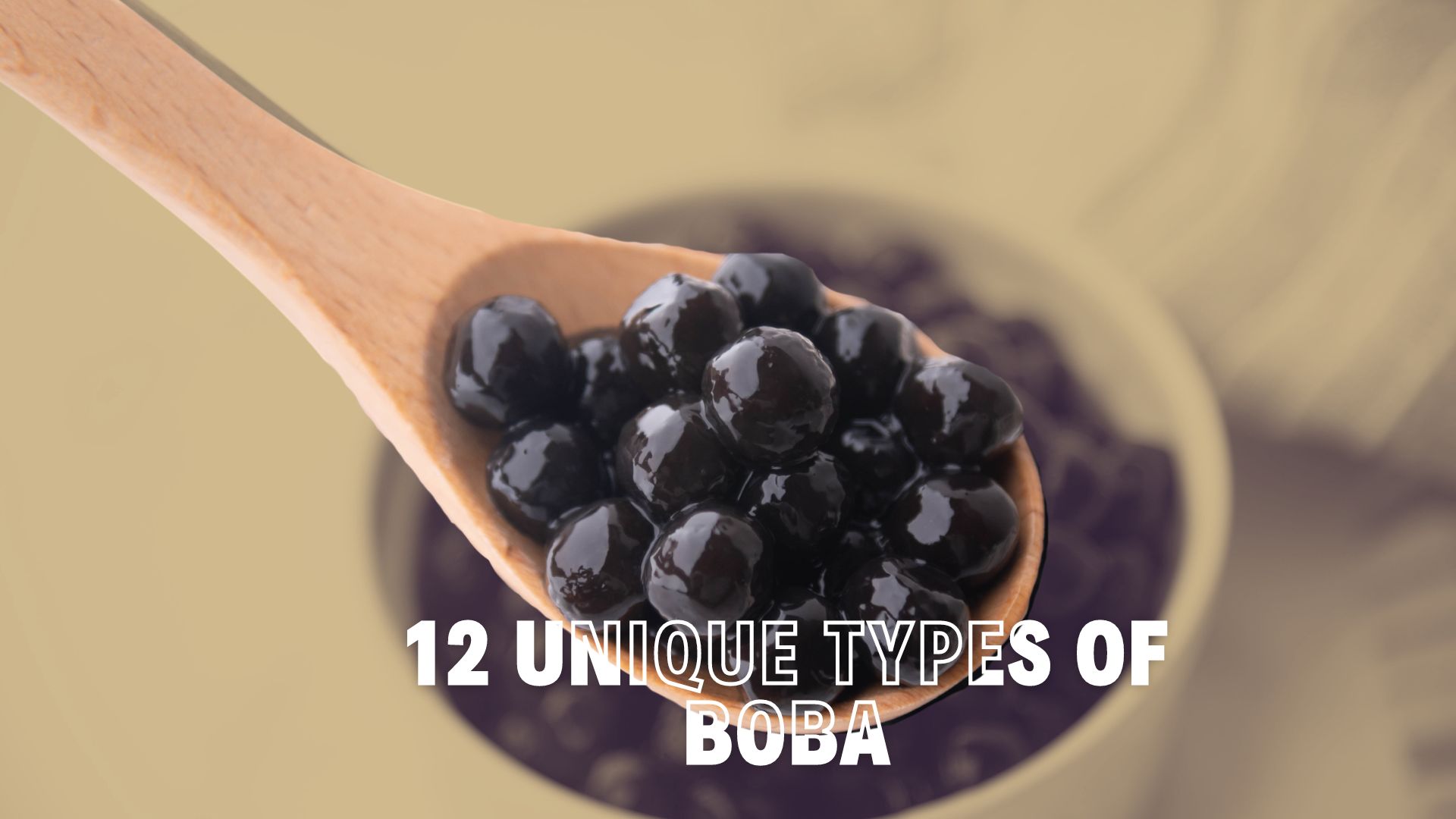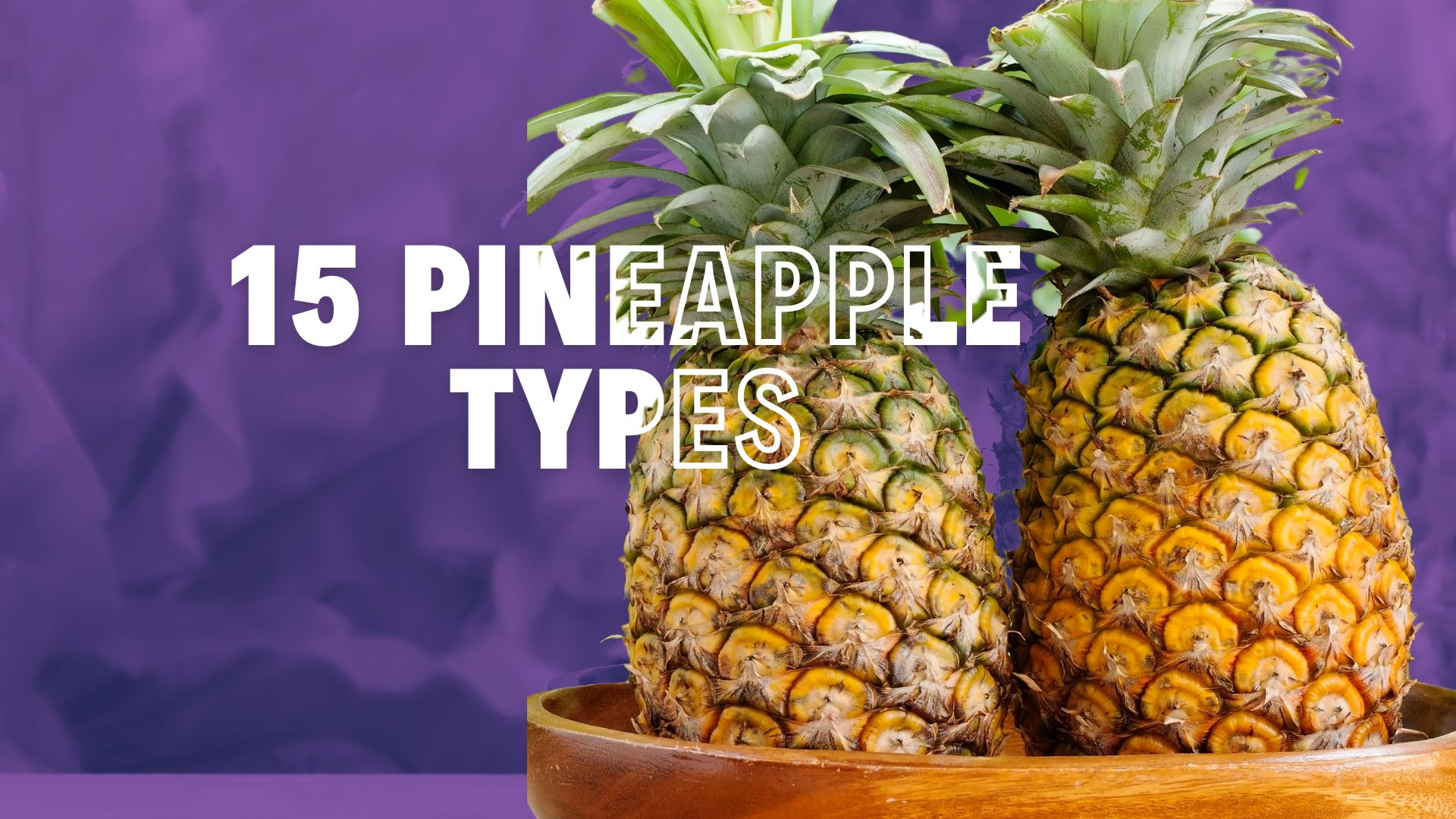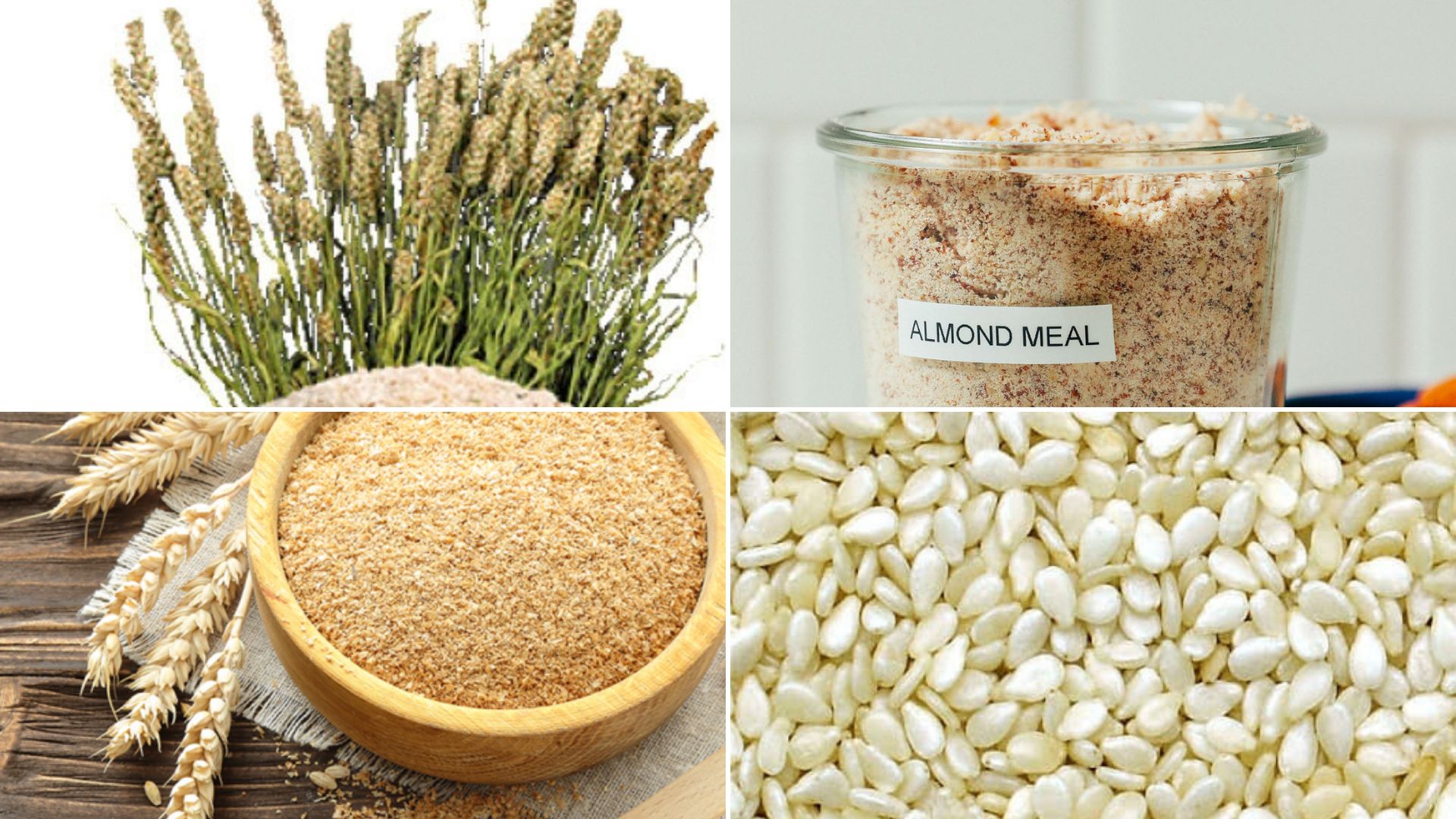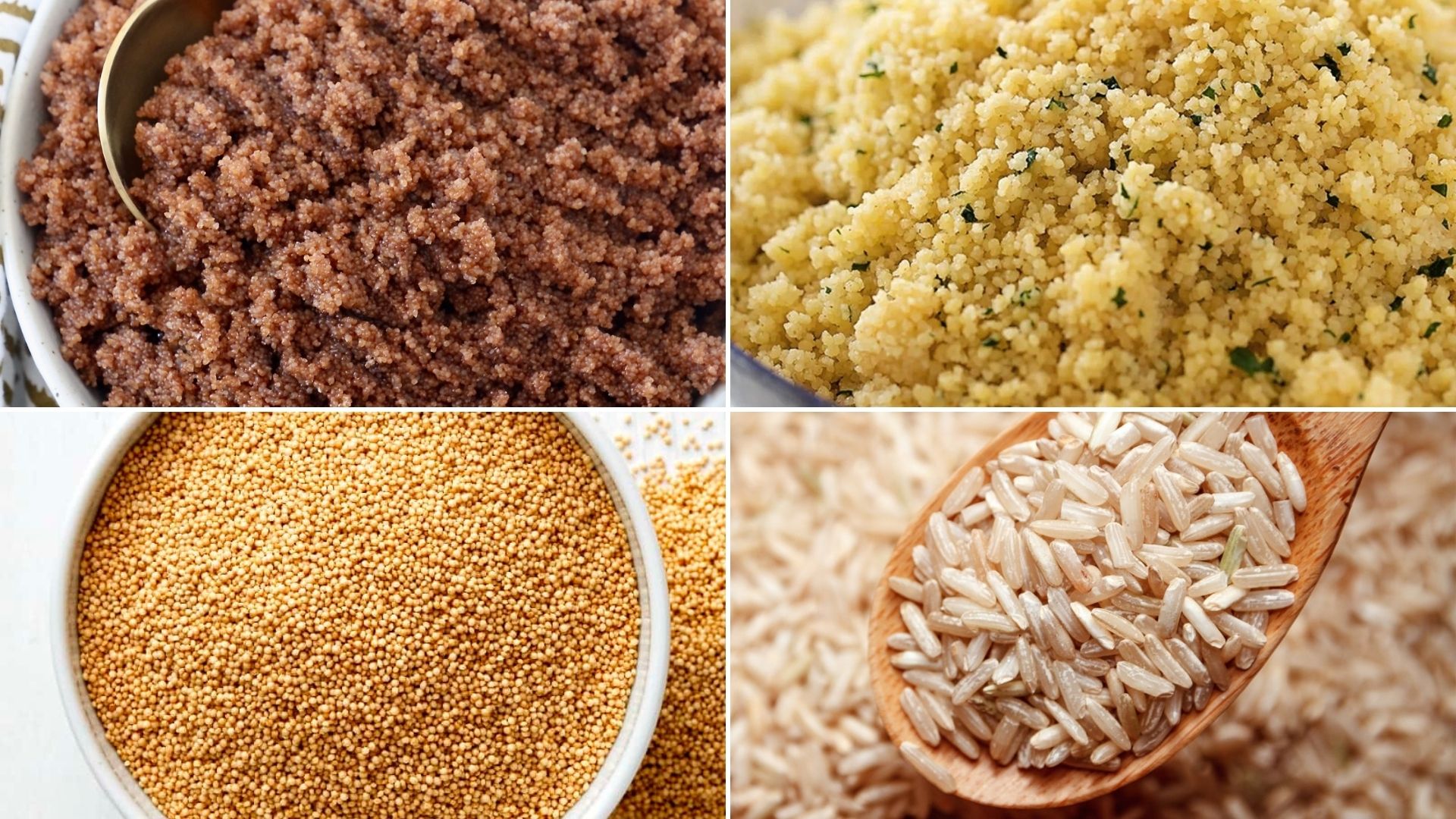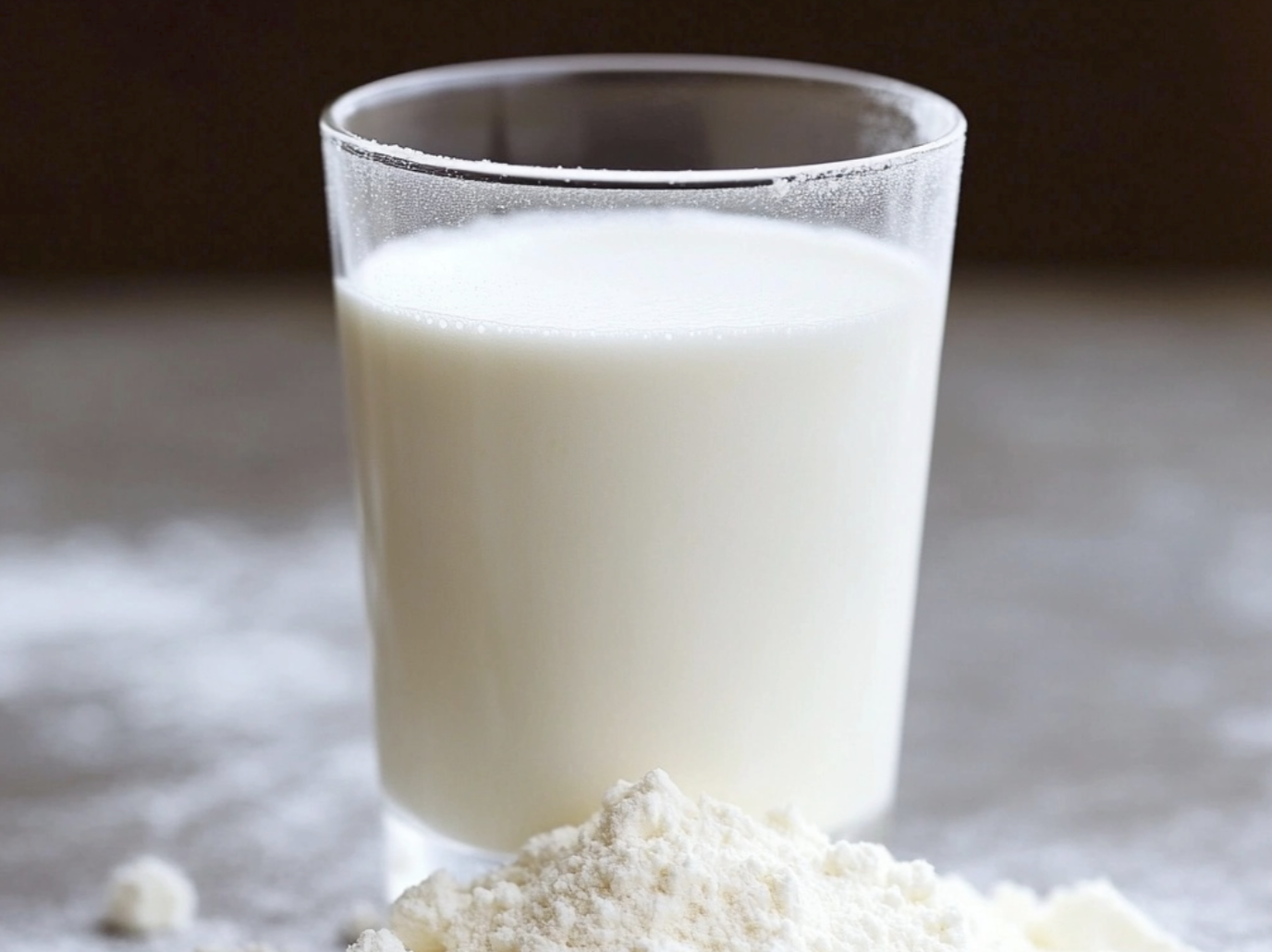
Finding the right substitute for milk powder can be essential when you’re in the middle of cooking or baking.
Plenty of alternatives are available, whether you’re out of milk powder or looking for a different option due to dietary needs.
Imagine continuing your recipe seamlessly without compromising on taste or texture.
These substitutes can be used in various recipes, from everyday items like regular milk to specialized options like almond milk powder.
Dive into this guide to explore 12 reliable substitutes to keep your culinary creations on track.
What are the Best Substitutes for Milk Powder?
1. Regular Milk
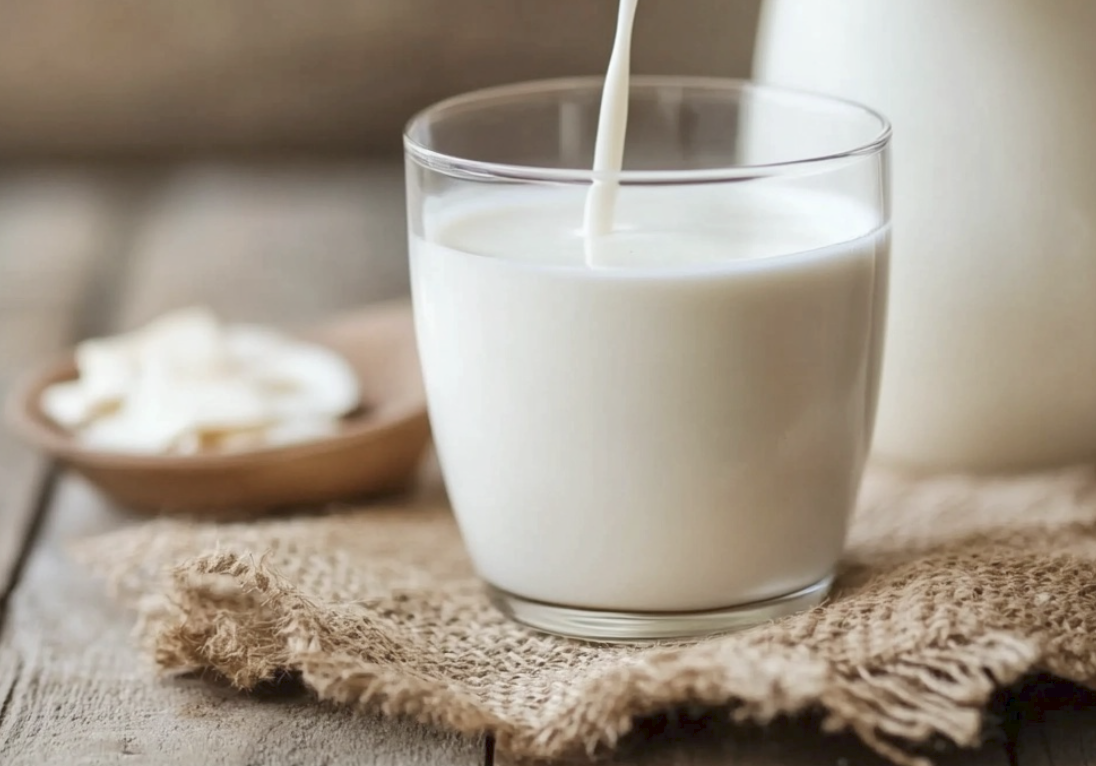
Regular milk is a straightforward substitute for milk powder, especially in recipes that call for rehydrating milk powder with water.
To replace milk powder with liquid milk, you can use a simple conversion: 1 cup of milk replaces 1 cup of water and 1/4 cup of milk powder in recipes.
Regular milk provides moisture and flavor in baking and cooking. However, it has a shorter shelf life than milk powder, so it should be used promptly and stored properly in the refrigerator.
2. Evaporated Milk
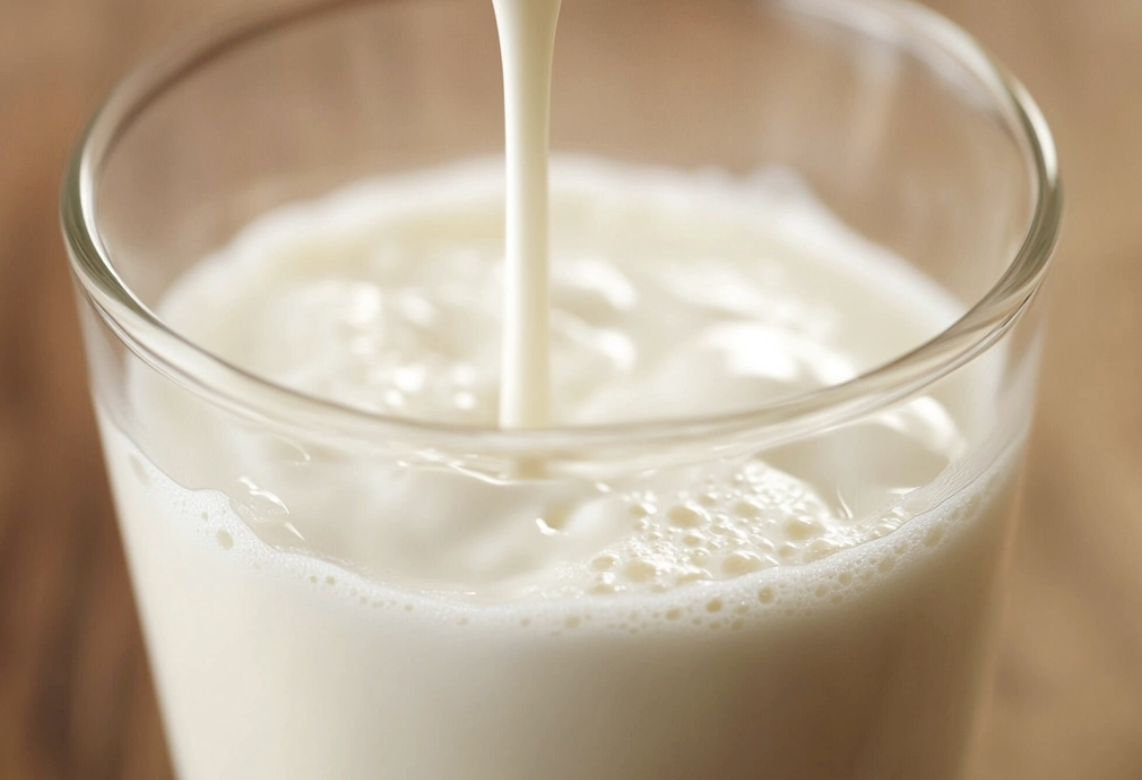
Evaporated milk is a concentrated form of milk, making it a rich and creamy alternative to milk powder.
To use evaporated milk as a substitute, dilute it with equal water to achieve a consistency similar to regular milk.
This substitute is ideal for creamy recipes like soups, sauces, and desserts. It adds a depth of flavor and thickness that regular milk might not provide.
However, remember that the taste and texture may differ slightly from using milk powder.
3. Condensed Milk
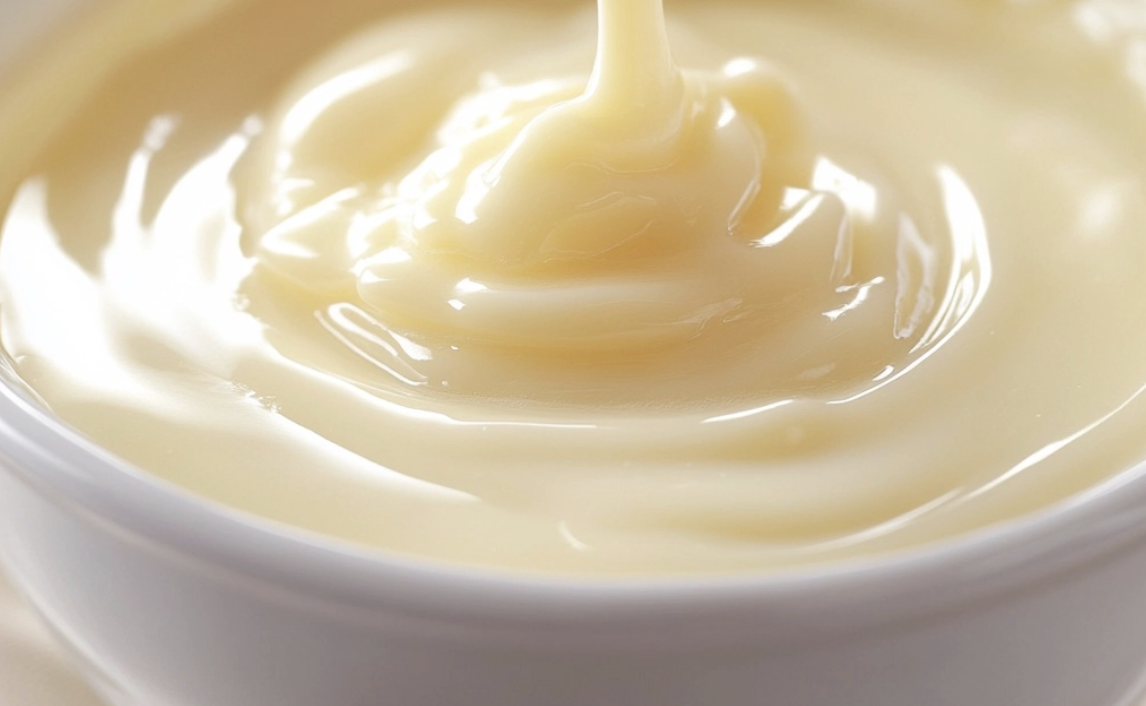
Condensed milk is a thick, sweetened version of milk that can serve as a substitute for milk powder in desserts and baked goods.
Since condensed milk is already sweetened, you’ll need to adjust the sugar content in your recipe accordingly.
To use it in non-sweet recipes, dilute condensed milk with water and reduce or eliminate additional sweeteners.
Condensed milk is perfect for rich desserts like fudge, cakes, and puddings, adding both sweetness and a creamy texture.
4. Coconut Milk Powder
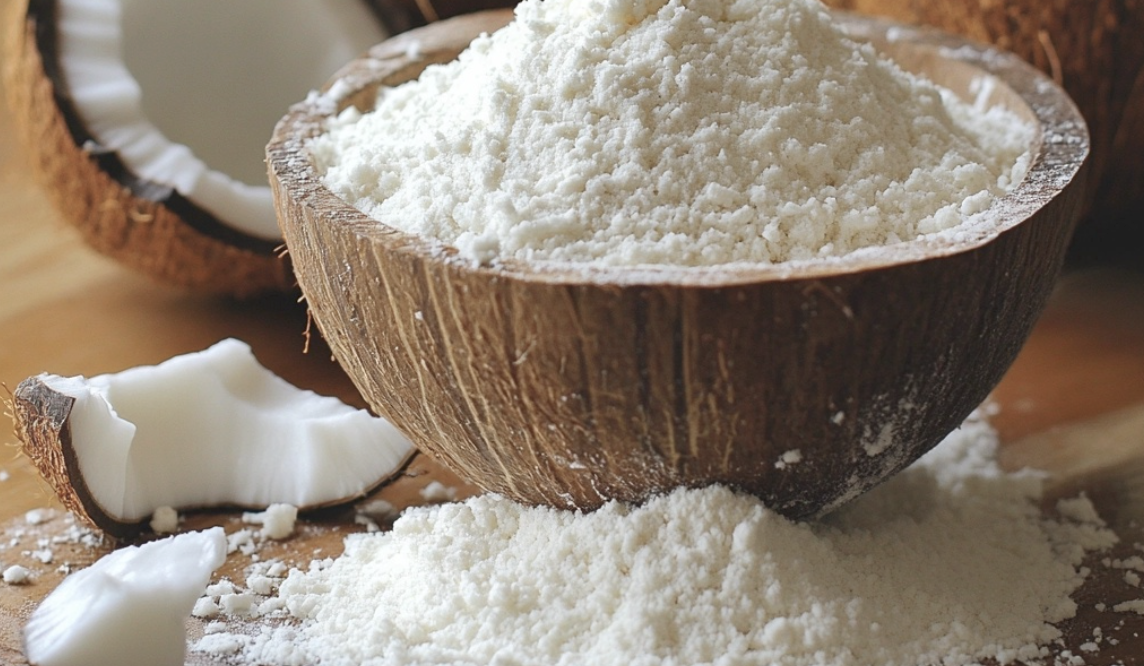
Coconut milk powder is a dairy-free alternative that adds a distinct tropical flavor to recipes. It’s an excellent choice for lactose-intolerant people or those following a vegan diet.
Coconut milk powder can be rehydrated by mixing it with warm water, creating a liquid similar to regular coconut milk.
This substitute is ideal for Asian-inspired dishes, curries, and tropical desserts. The coconut flavor enhances the overall taste, making it a unique and flavorful option.
5. Soy Milk Powder
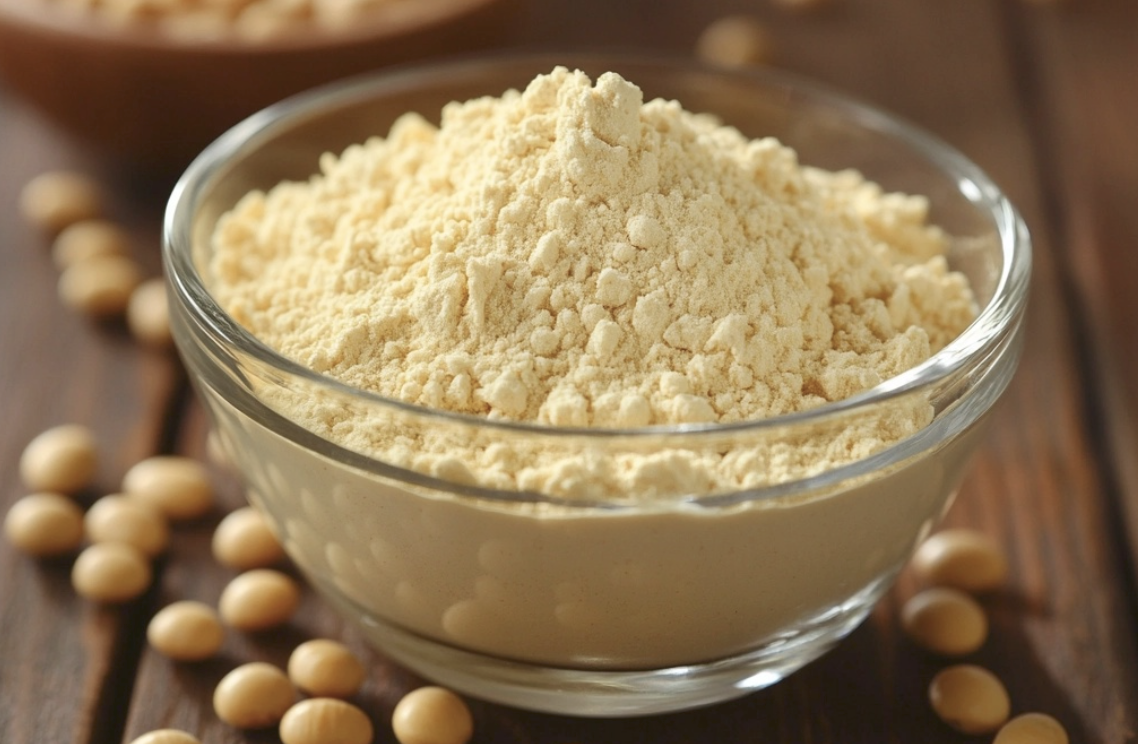
Soy milk powder is a plant-based substitute for milk powder, offering a similar creamy consistency.
Due to its versatility and nutritional benefits, it is popular in vegan cooking and baking.
Mix soy milk powder with water to create a liquid soy milk substitute. Soy milk powder works well in various recipes, from baked goods to smoothies.
Its mild flavor allows it to blend seamlessly into both sweet and savory dishes.
6. Rice Milk Powder
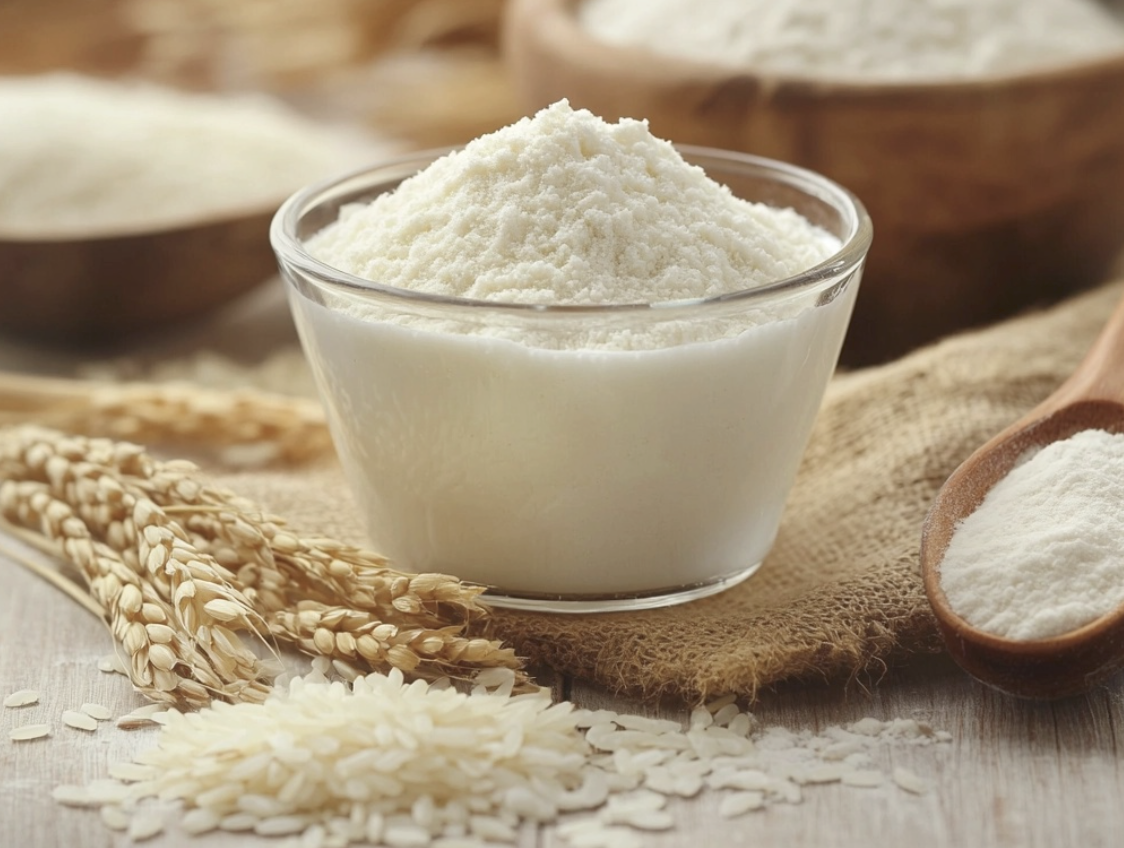
Rice milk powder is another dairy-free alternative known for its mild flavor and suitability for those with allergies. It is easy to digest and can be rehydrated to create a liquid rice milk substitute.
Rice milk powder is ideal for light and delicate recipes, such as puddings, light sauces, and baked goods.
Its subtle taste ensures it doesn’t overpower the other ingredients, making it a gentle and versatile substitute.
7. Almond Milk Powder
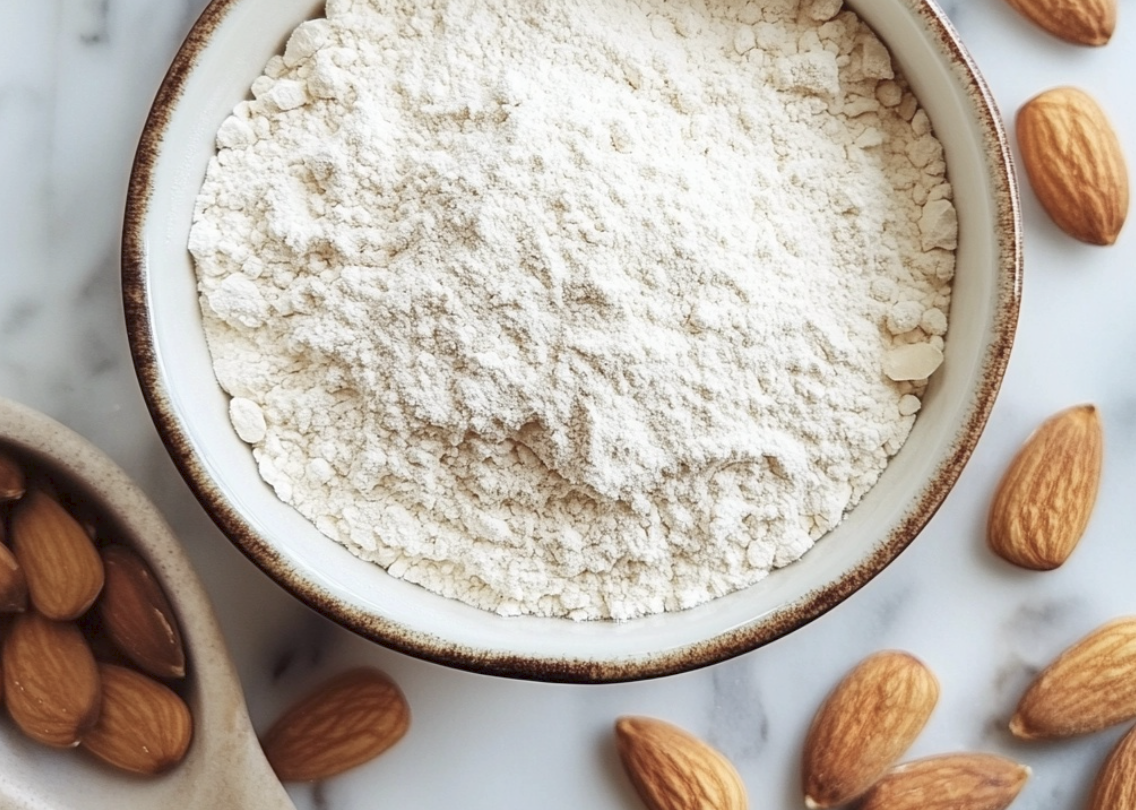
Almond milk powder is a low-calorie substitute that adds slightly nutty flavor to recipes.
It’s a good option for those looking for a dairy-free and gluten-free alternative.
Rehydrate almond milk powder by mixing it with water, and it’s ready for smoothies, baking, and cereals.
The nutty taste of almond milk powder pairs well with various dishes, adding a subtle richness without overwhelming the flavors.
8. Cashew Milk Powder
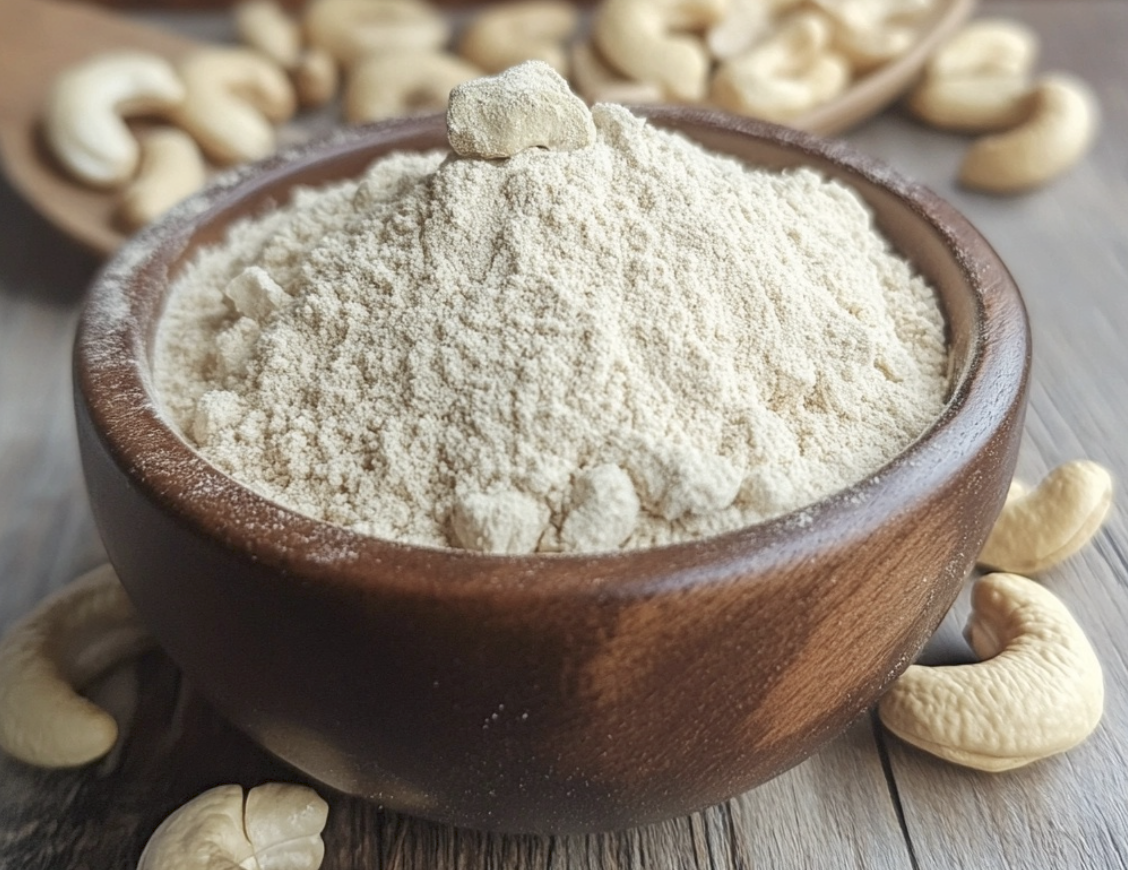
Cashew milk powder offers a rich and creamy texture, making it a fantastic substitute for milk powder in recipes requiring smooth consistency.
It’s particularly useful in dairy-free creamy sauces, soups, and desserts. Mix cashew milk powder with water to achieve the desired thickness.
The creamy texture of cashew milk powder enhances both sweet and savory dishes, providing a luxurious mouthfeel and depth of flavor.
9. Oat Milk Powder
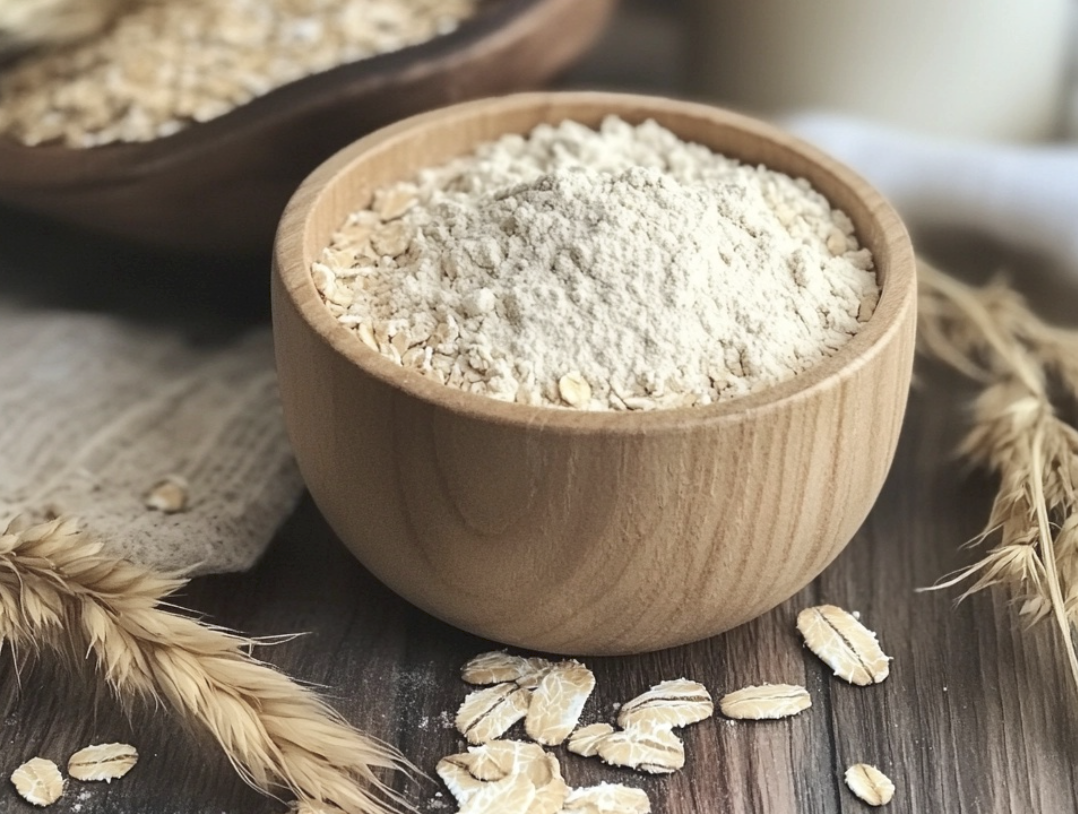
Oat milk powder is a creamy and versatile substitute for milk powder, suitable for various recipes.
It works well in hot and cold dishes, including beverages, baking, and porridge. Rehydrate oat milk powder with water and incorporate it into your recipe.
Oat milk powder is particularly popular for its creamy consistency and mild flavor, which complements many dishes without altering the original taste.
10. Buttermilk Powder
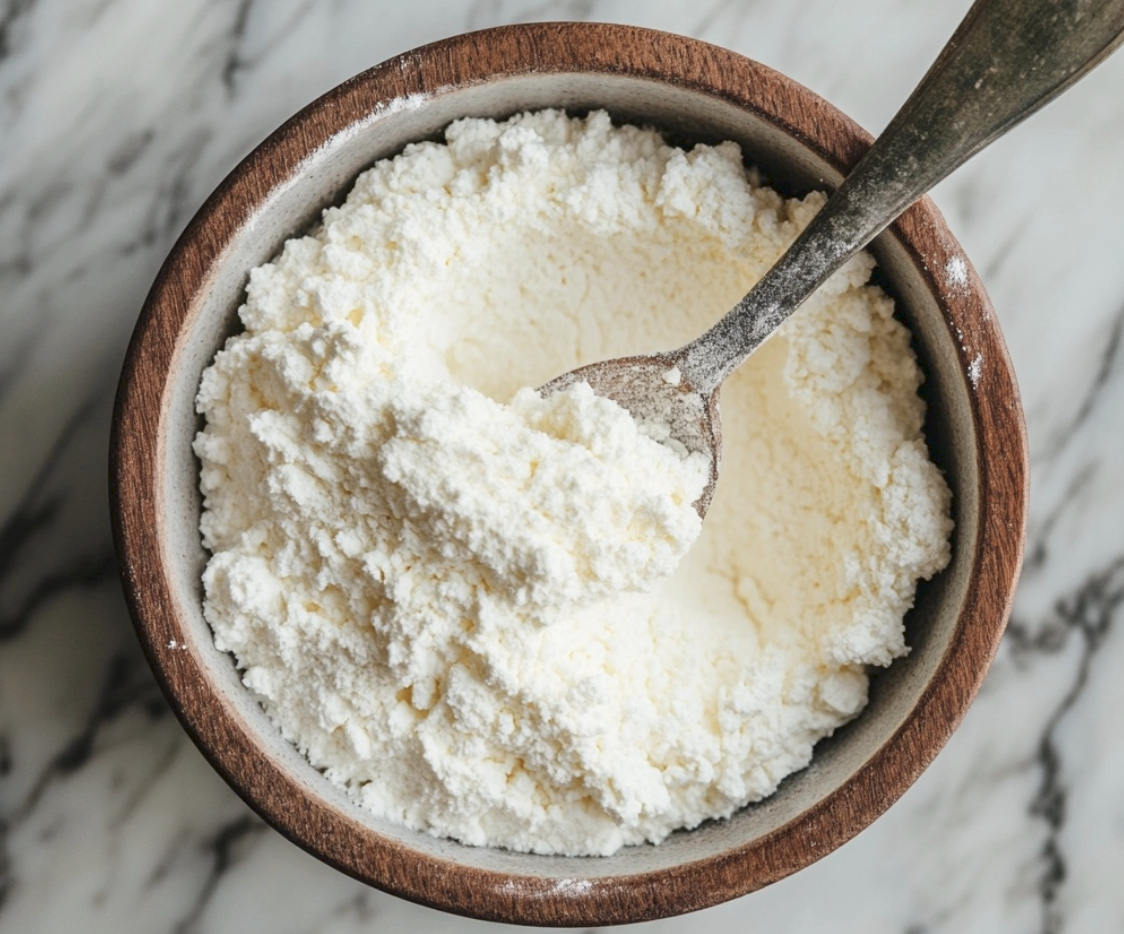
Buttermilk powder is known for its tangy flavor, making it a great substitute in recipes that require a bit of acidity, like pancakes, biscuits, and dressings.
Mix buttermilk powder with water to create a liquid buttermilk substitute. This powder adds a distinct tanginess that enhances the flavor of baked goods and sauces.
It has a longer shelf life compared to liquid buttermilk, making it a convenient option to keep on hand.
11. Yogurt Powder
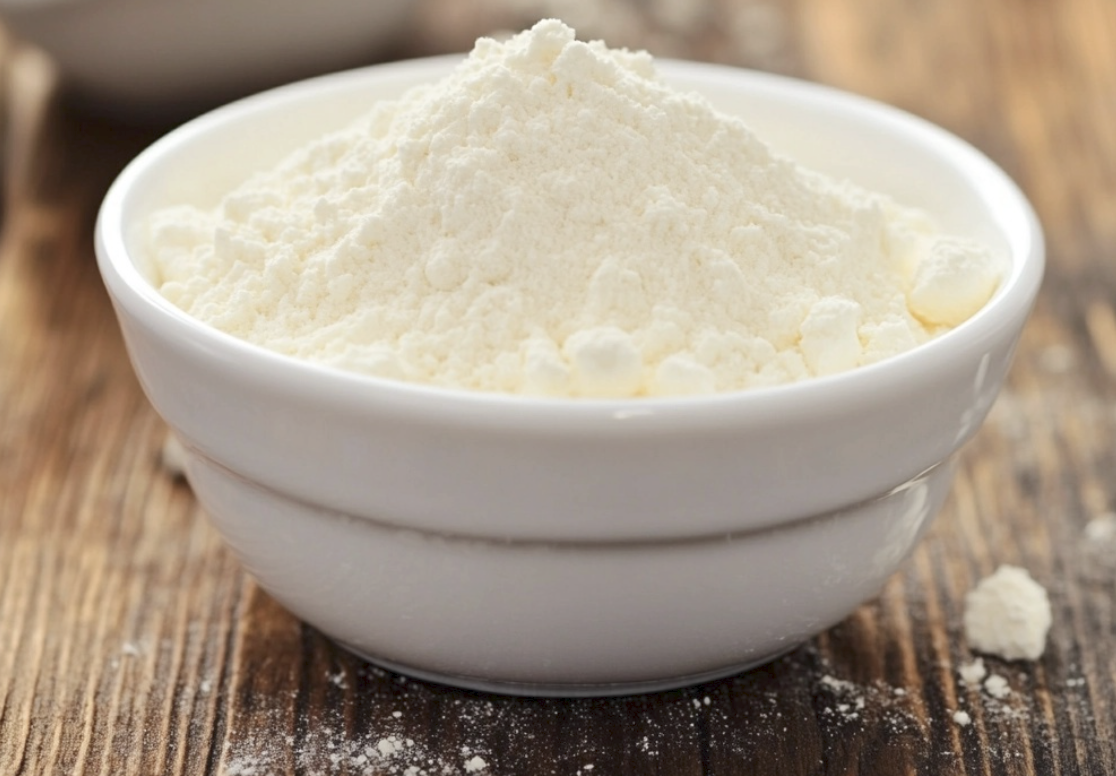
Yogurt powder offers a tangy flavor similar to fresh yogurt and can be used in various recipes.
It’s rich in probiotics, making it a healthy addition to dips, sauces, and baked goods.
Rehydrate yogurt powder with water or mix it with dry ingredients for a tangy flavor boost.
Yogurt powder is especially useful in dry mixes and ready-made blends, providing flavor and nutritional benefits.
12. Creamer Powder
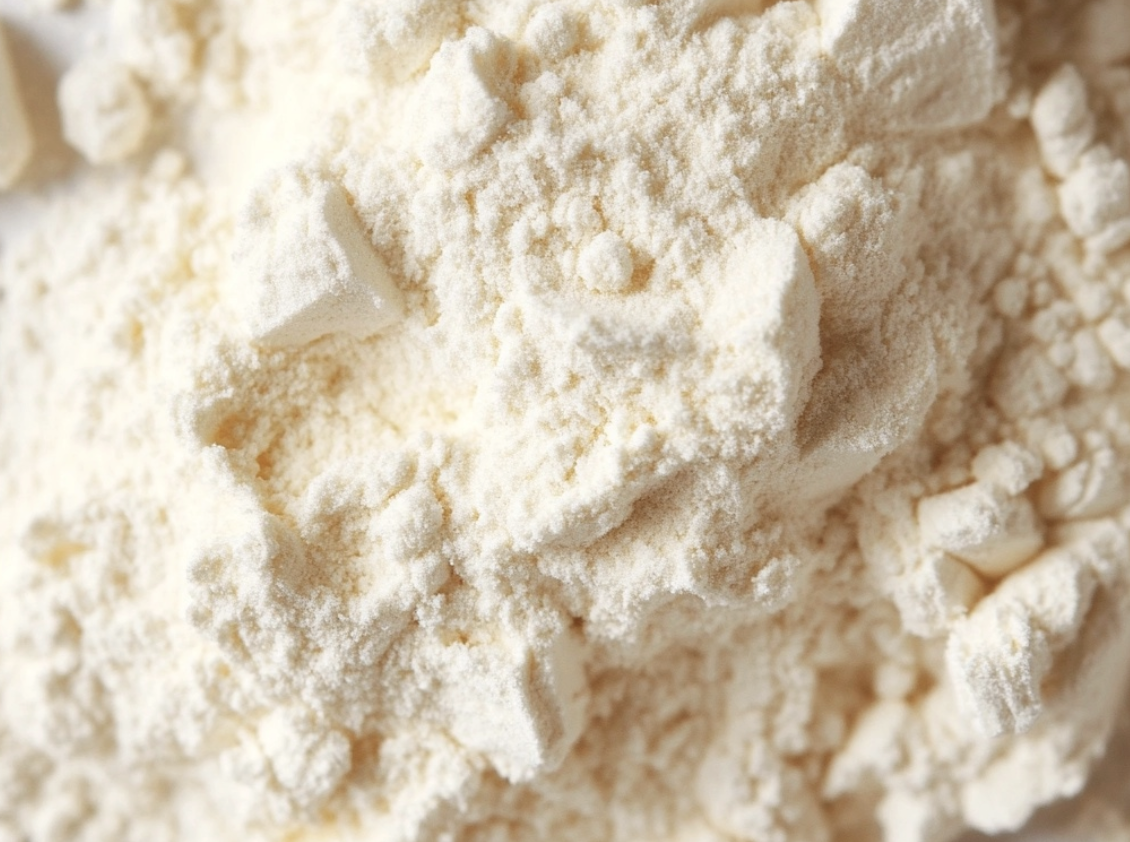
Creamer powder is a versatile substitute for milk powder, especially in beverages like coffee and tea. Depending on your chosen type, creamer powder can be dairy or non-dairy.
It adds a smooth, creamy texture to drinks and can be used in desserts and sauces.
When using creamer powder as a substitute, be mindful of its flavor profile, as it may slightly alter the taste of the final dish.
Conclusion
Choosing the right substitute for milk powder can make a significant difference in your cooking and baking.
Each alternative offers unique benefits, whether aiming for a dairy-free option or simply using what you have.
By understanding the characteristics of each substitute, you can confidently adjust your recipes without sacrificing flavor or texture.
Whether it’s regular milk, coconut milk powder, or yogurt powder, these substitutes provide flexibility and convenience in the kitchen.
Experiment with different options to see which works best for your needs, and enjoy the versatility these ingredients bring to your culinary creations.
With the right choice, your dishes will continue to impress, no matter the substitution.

